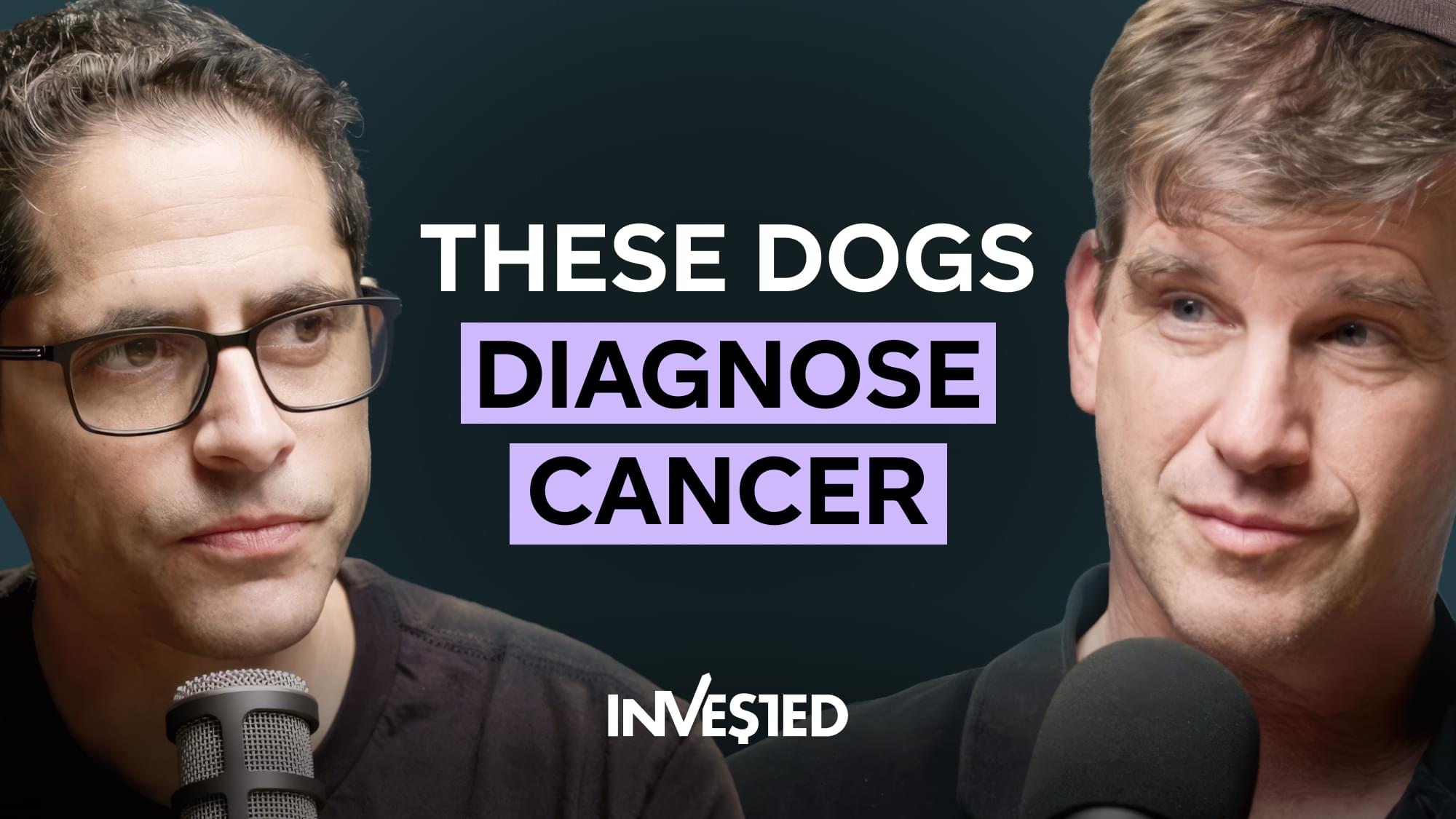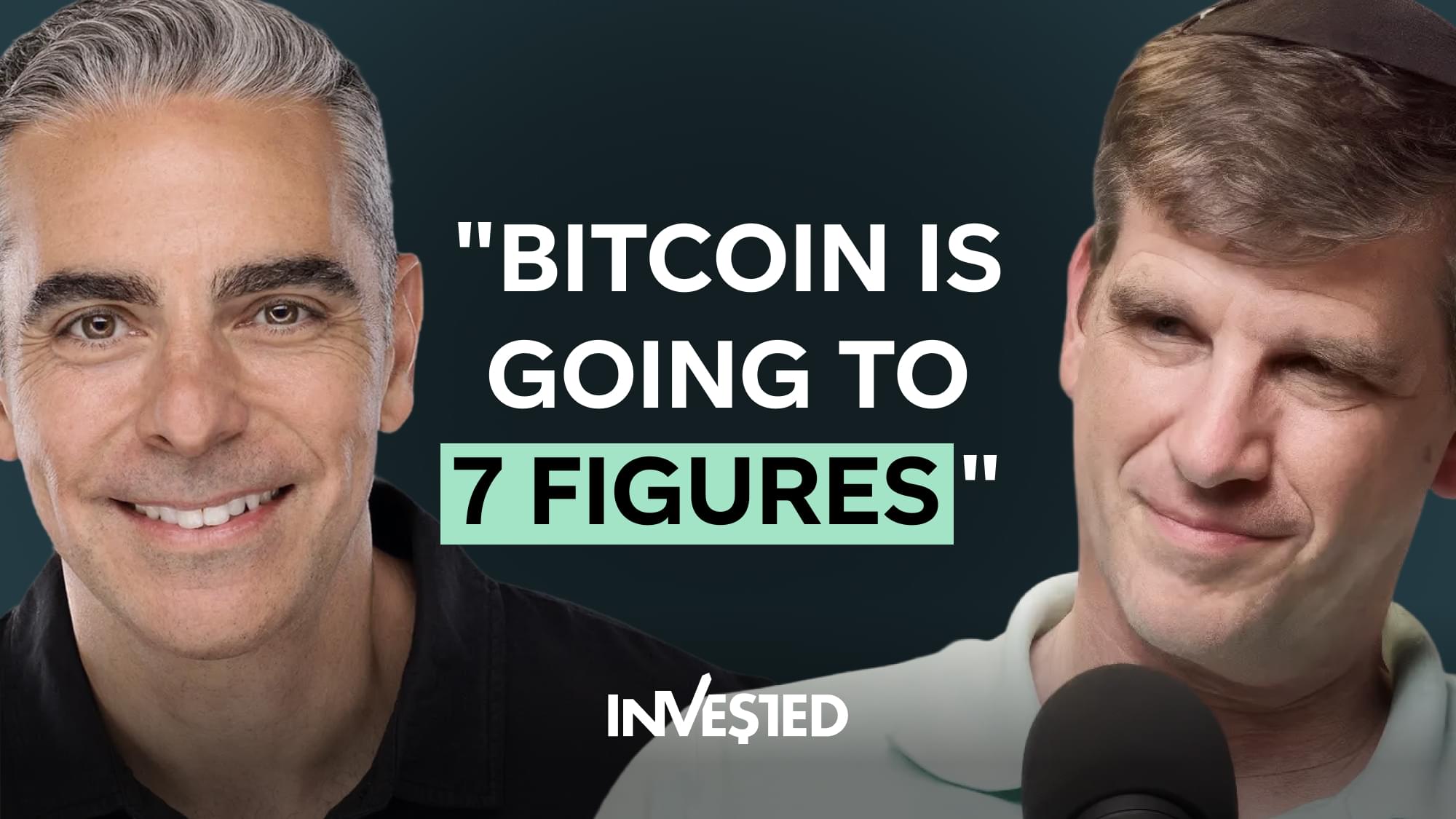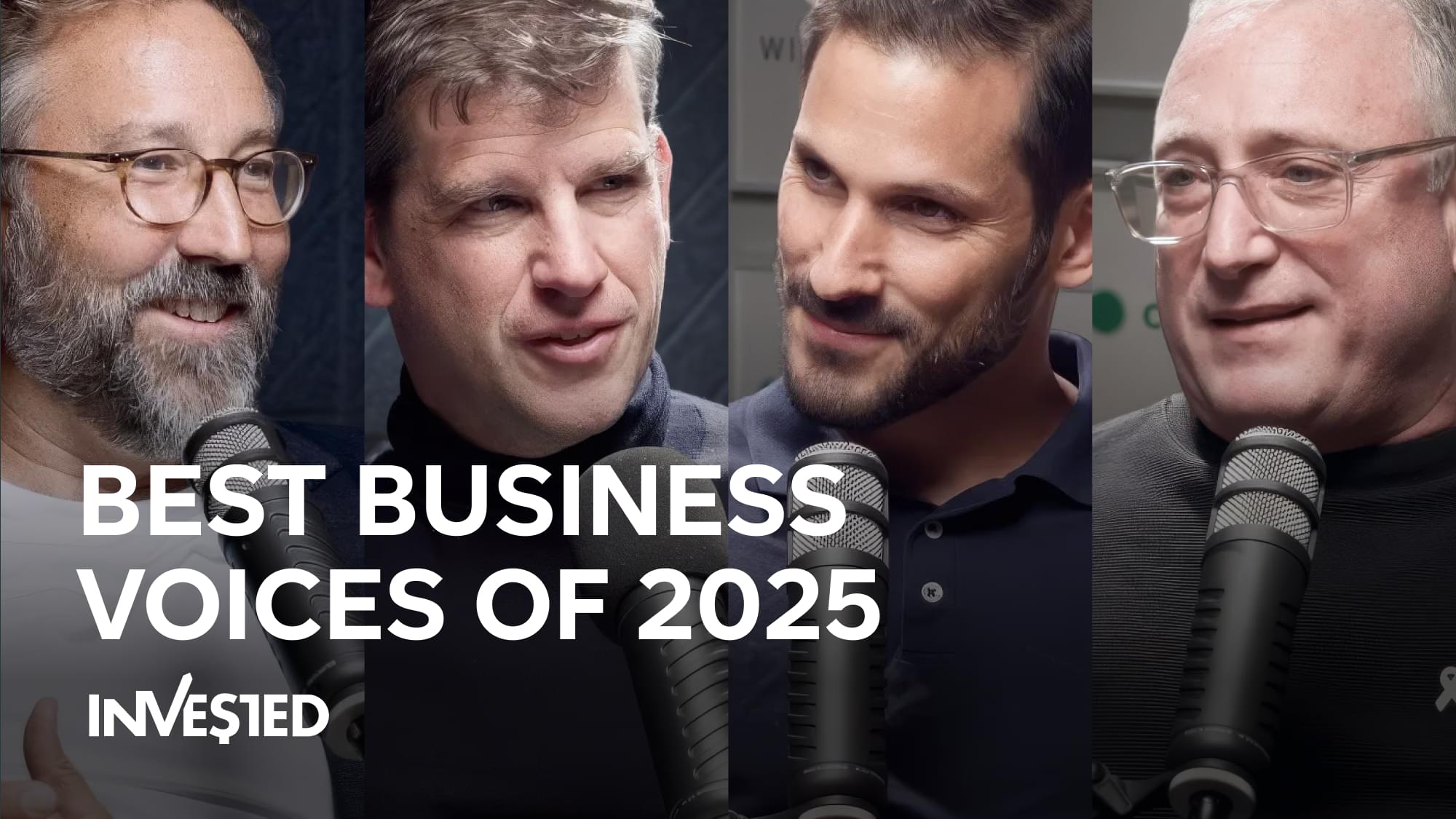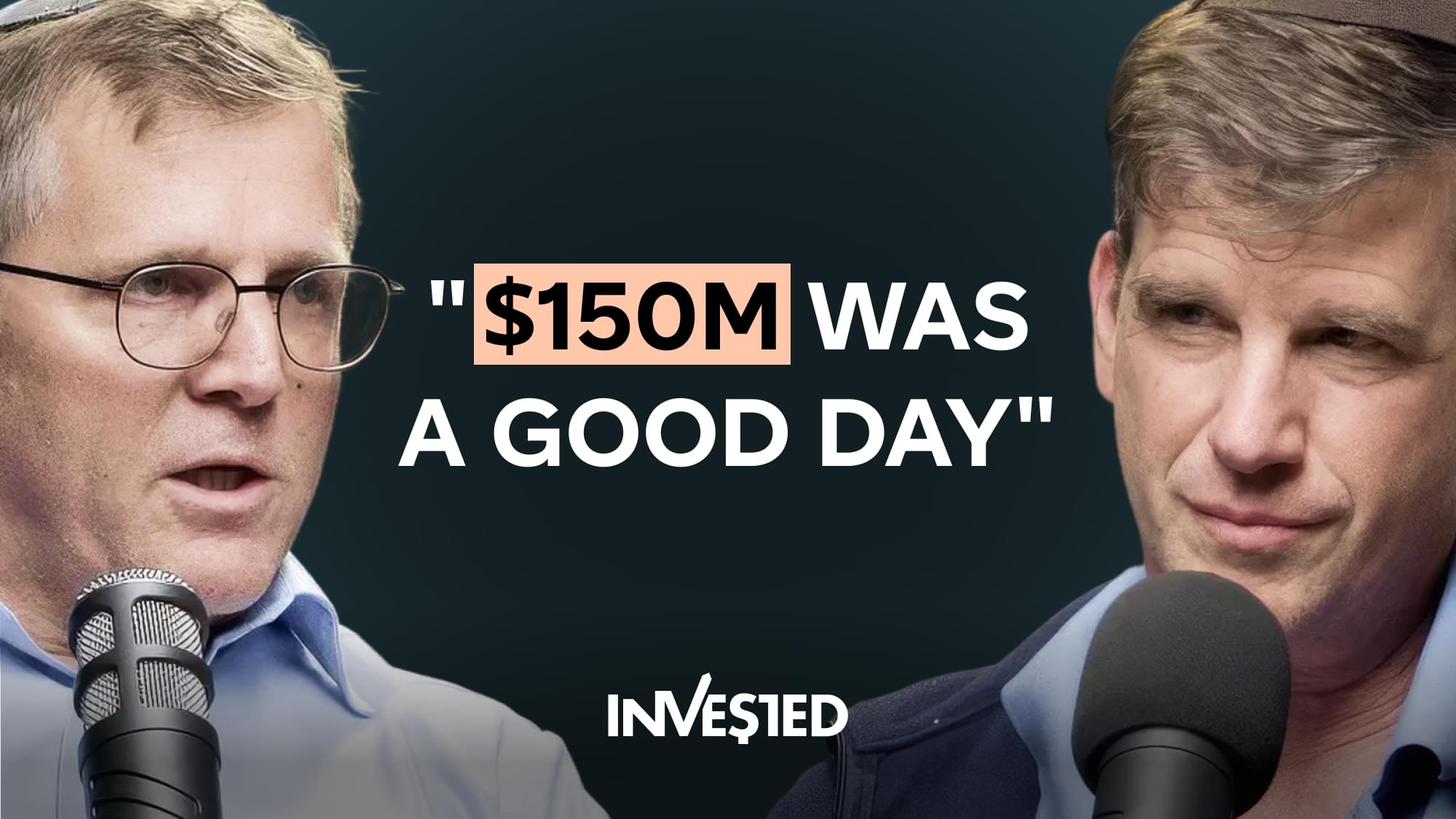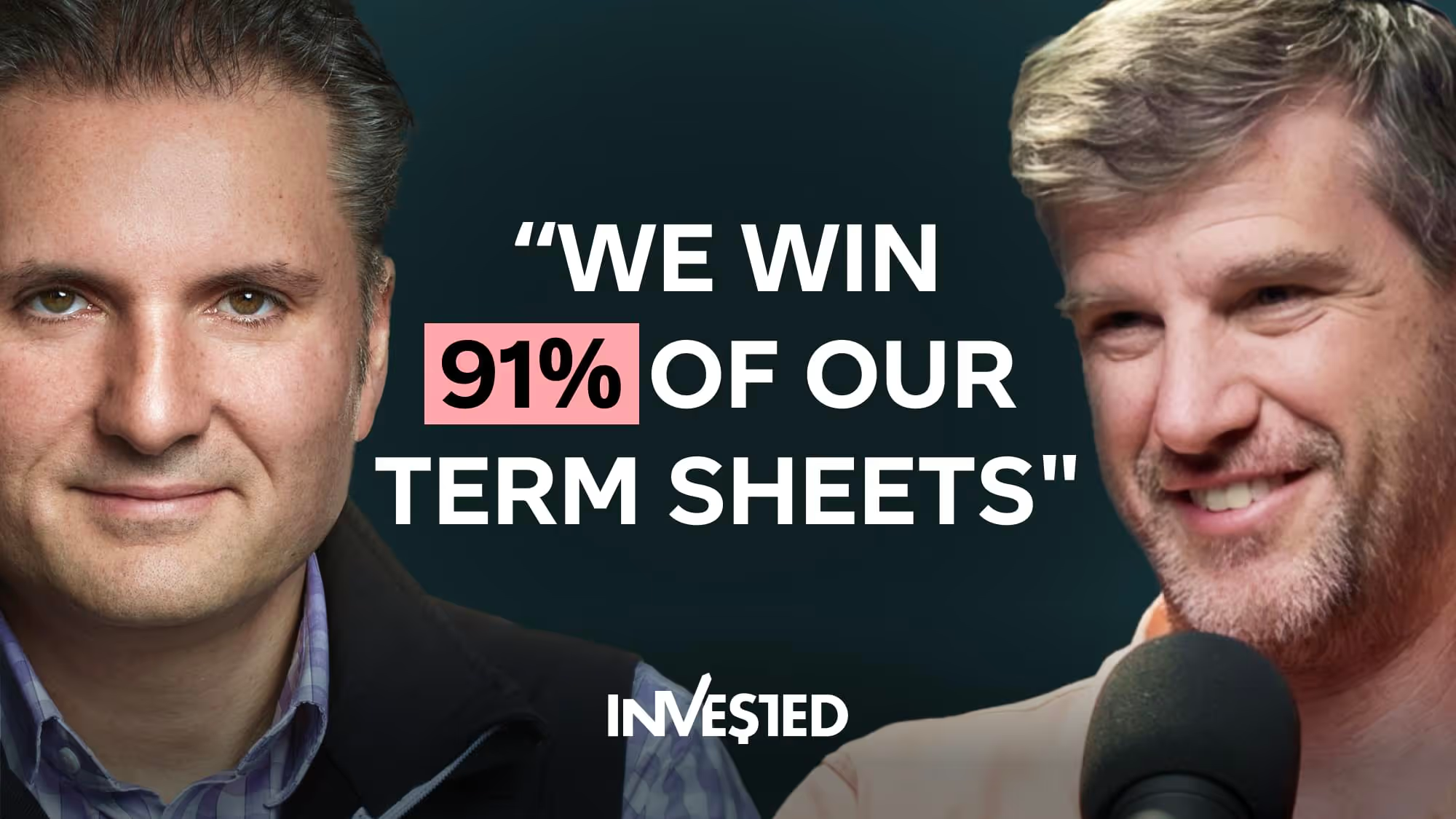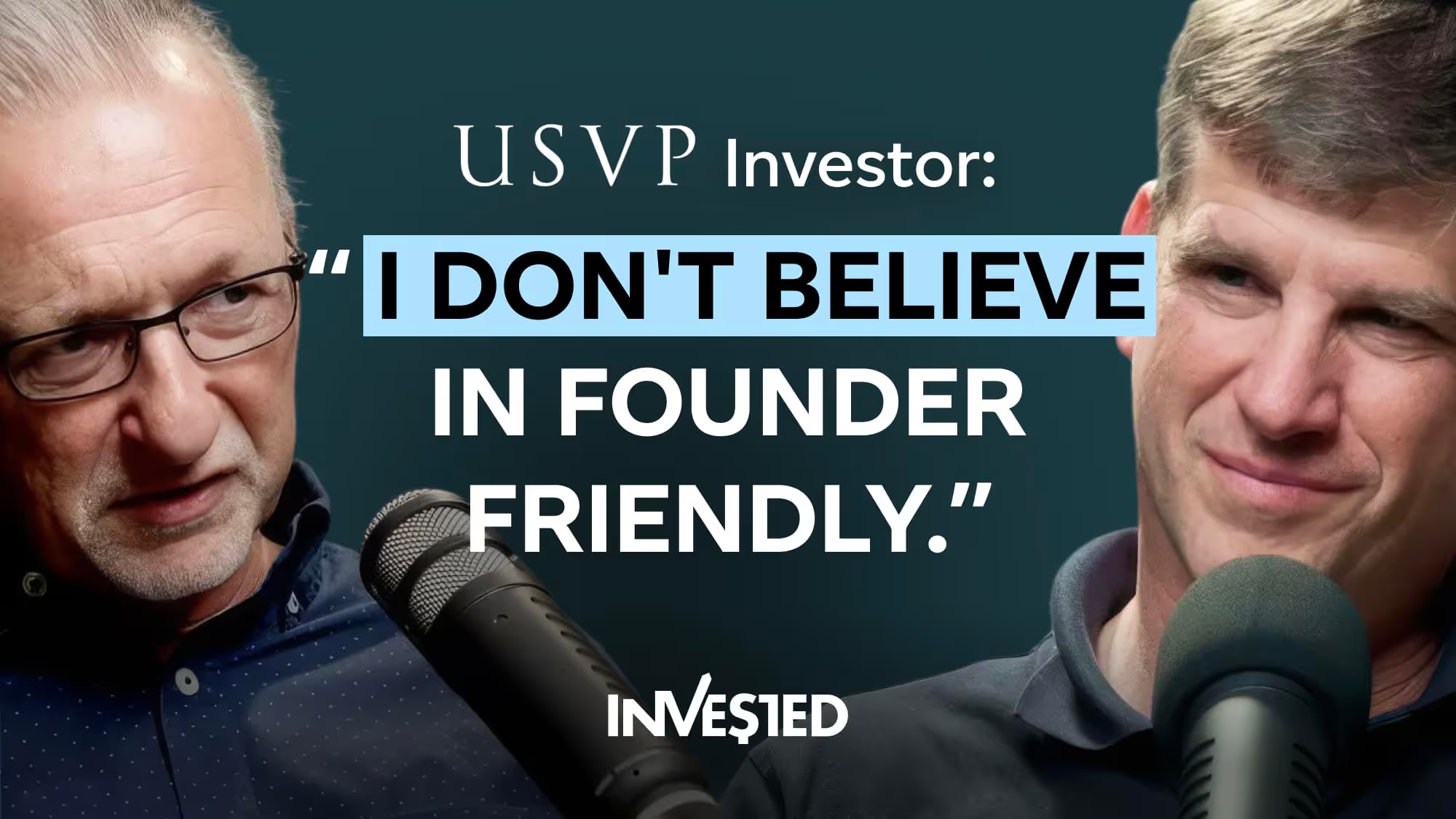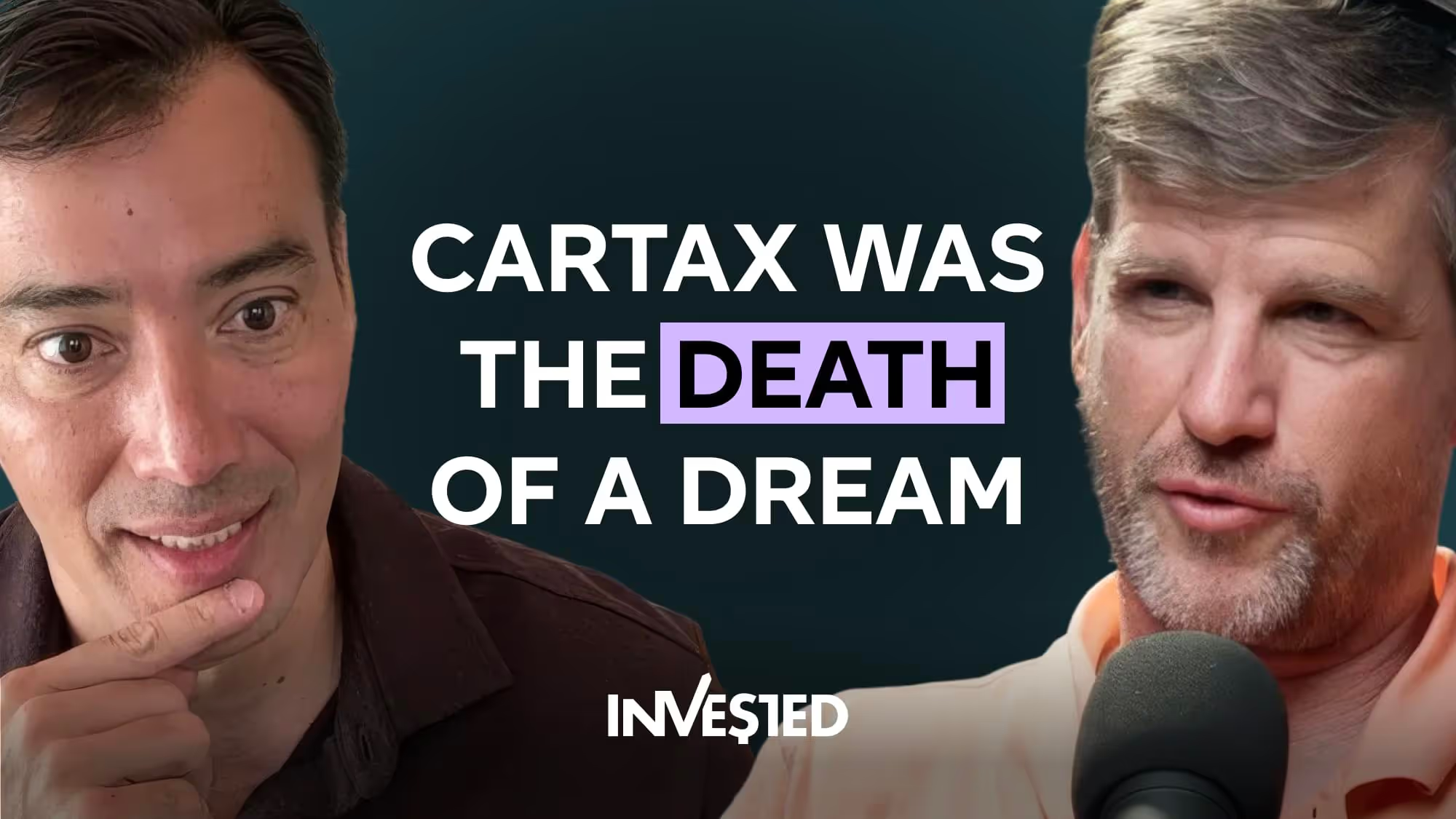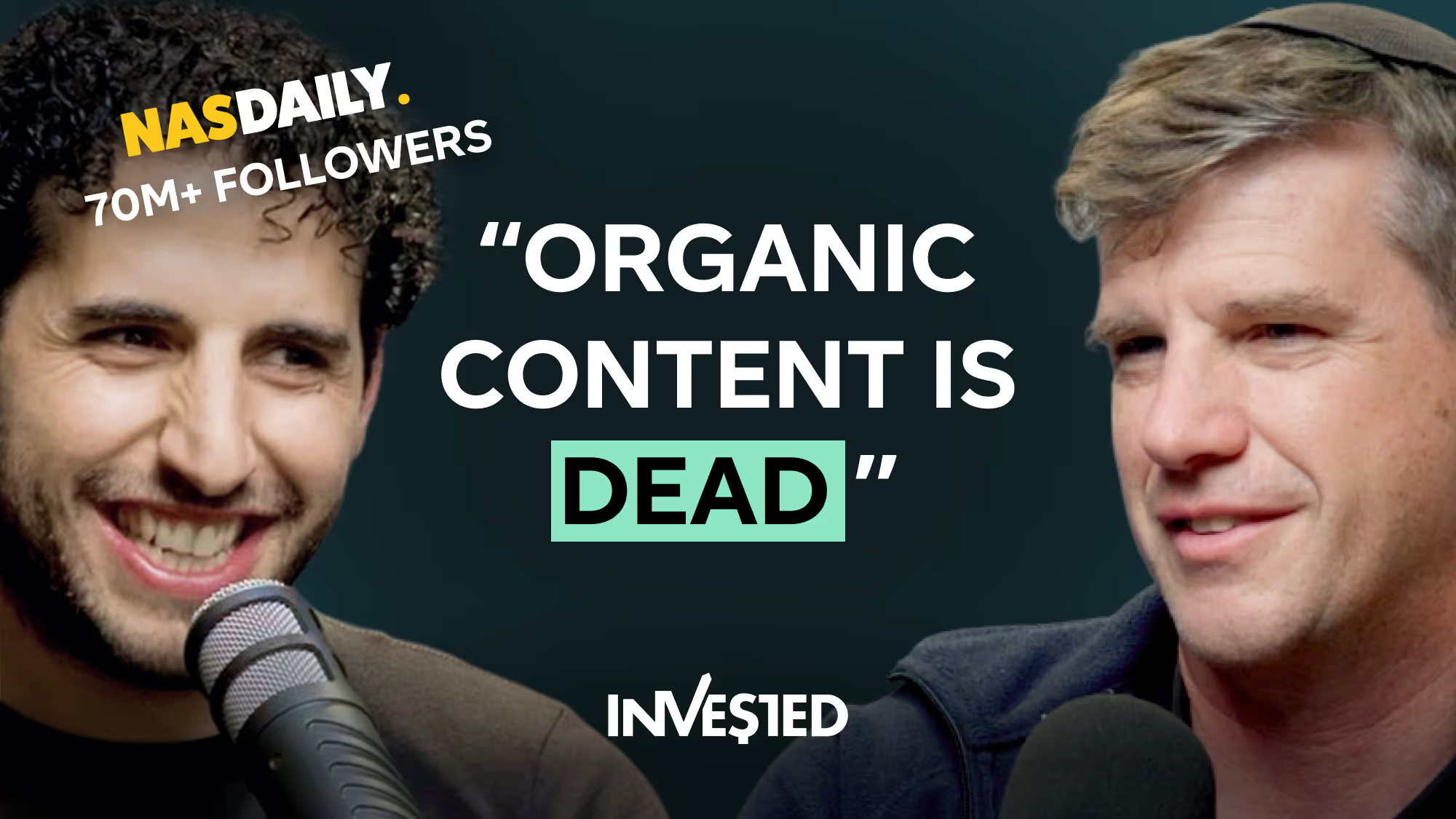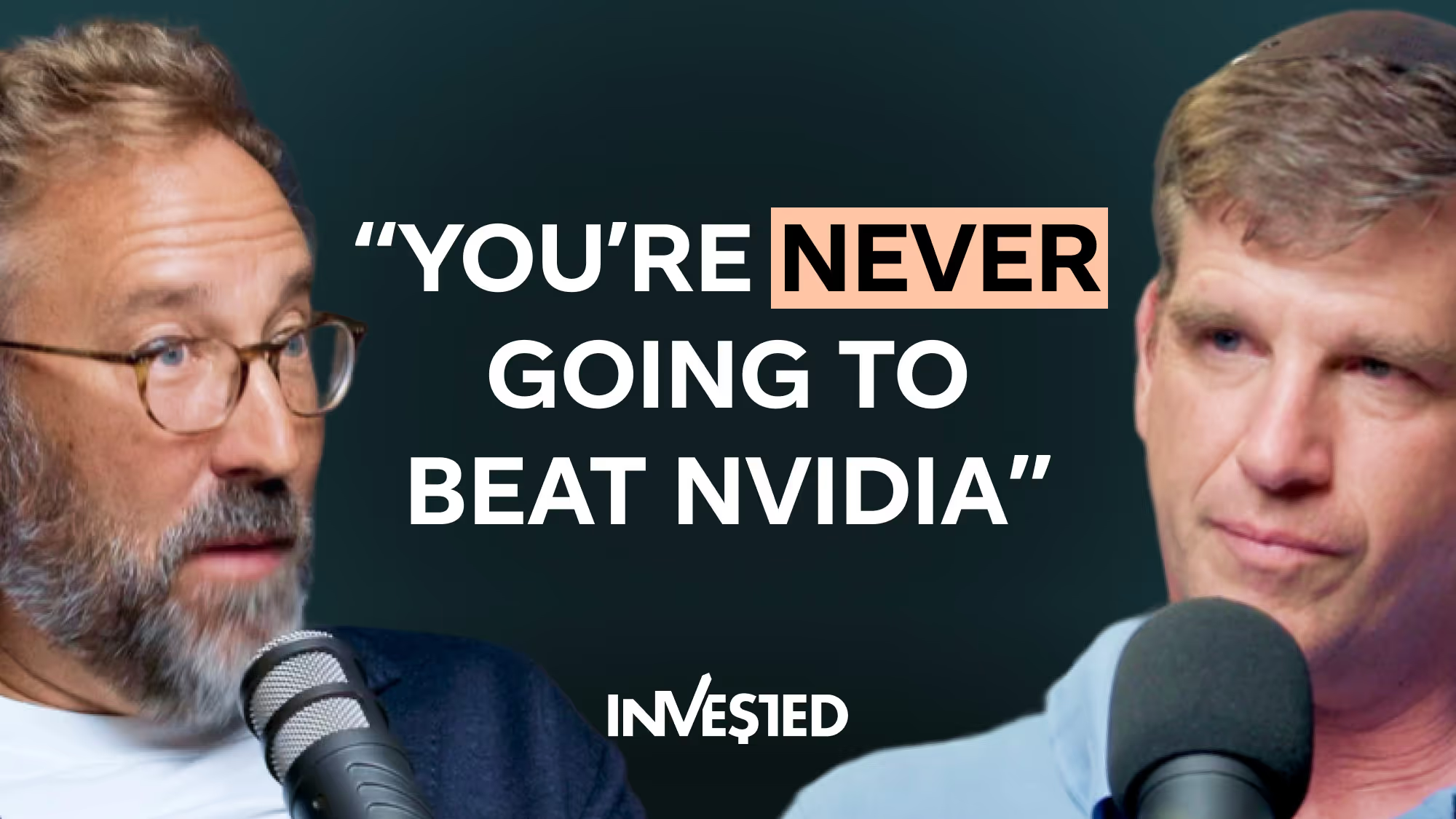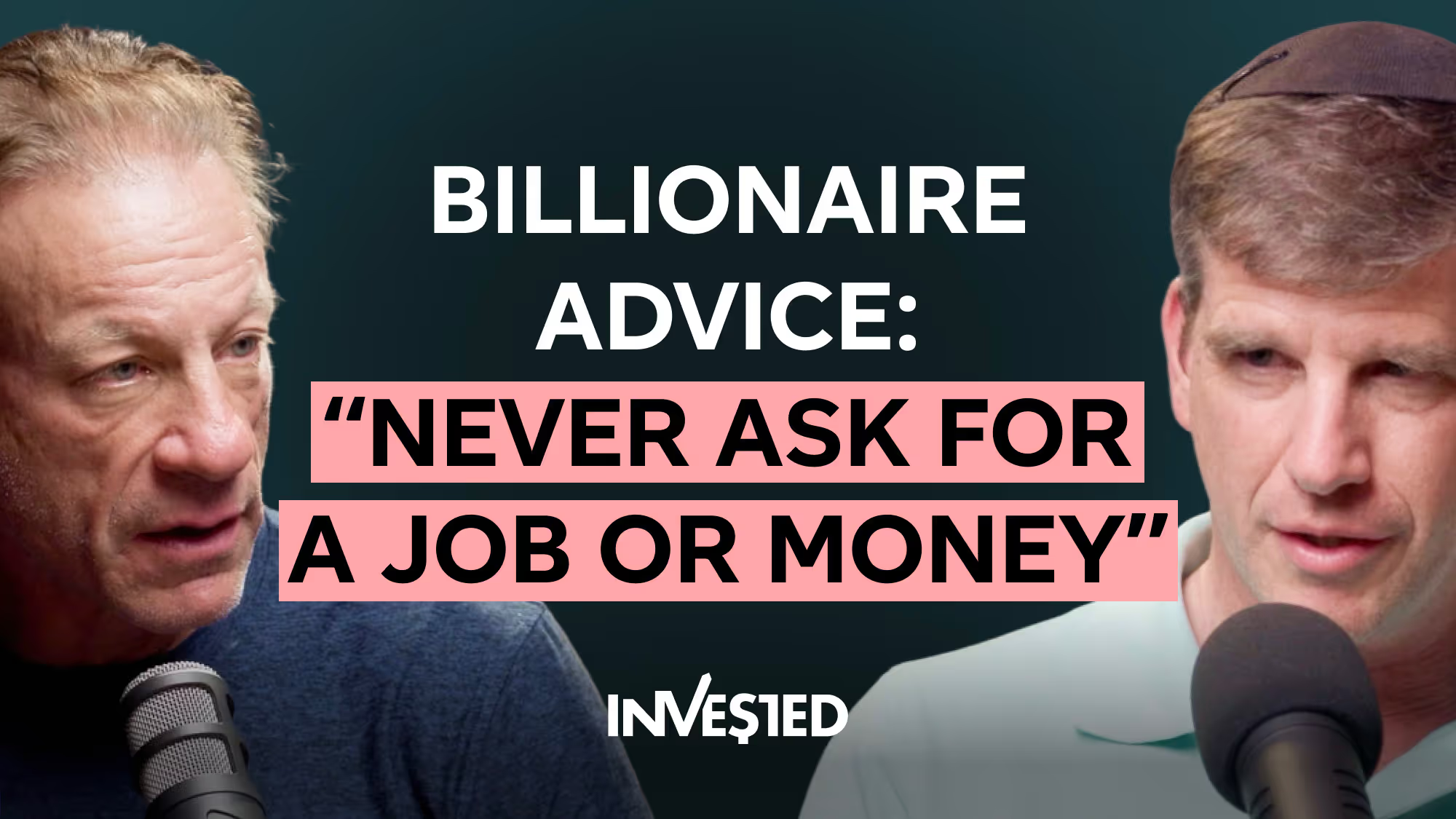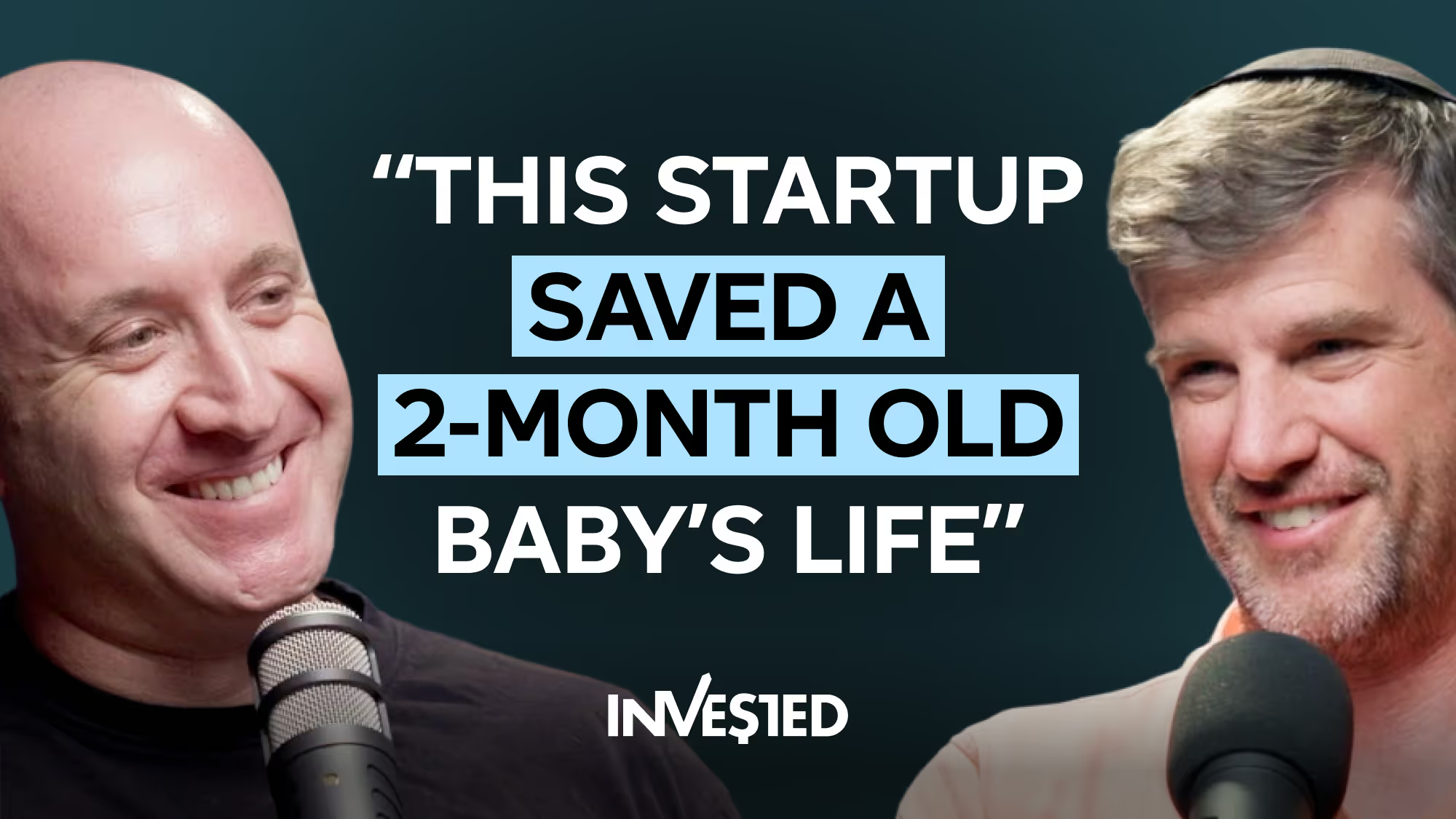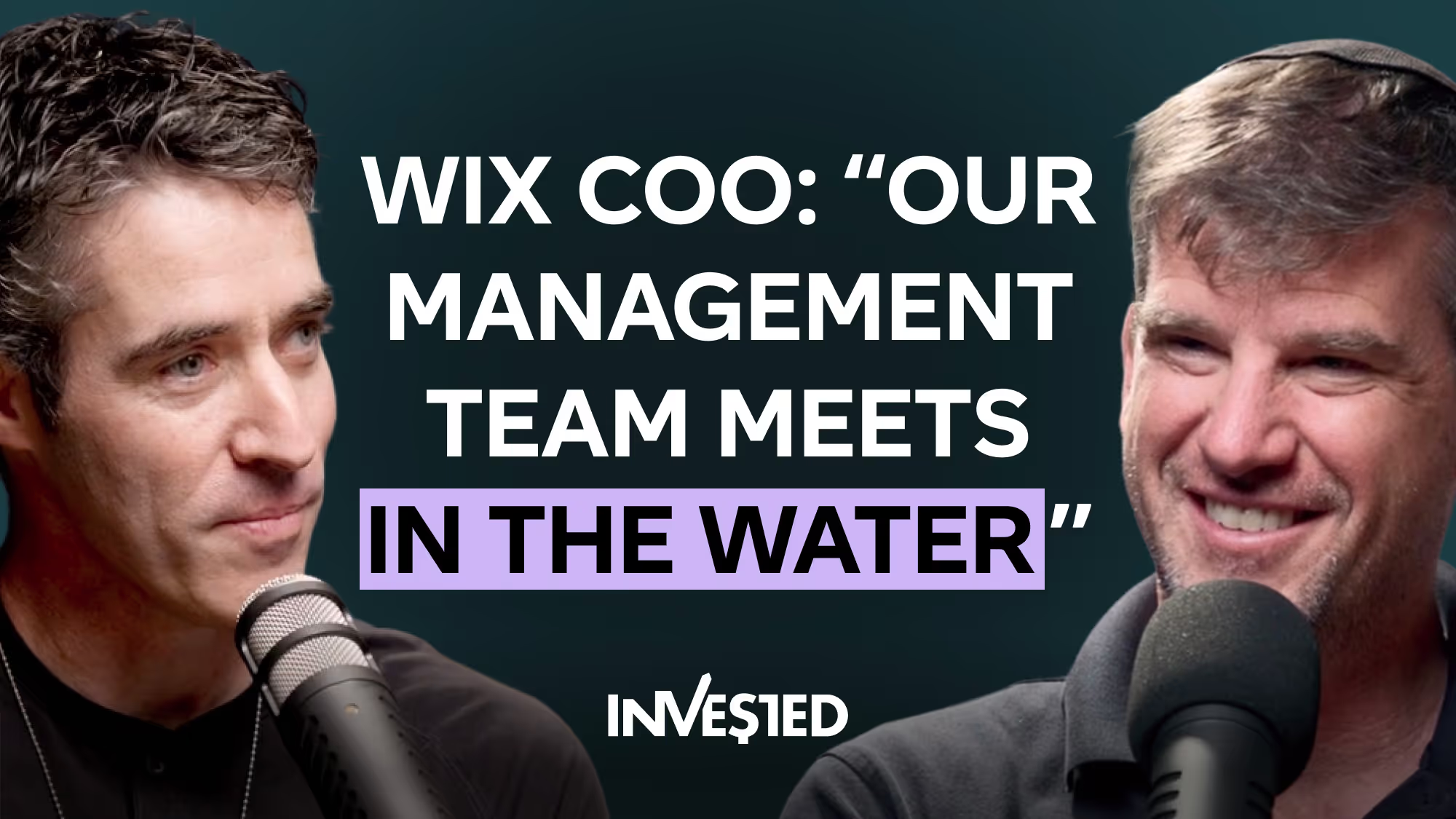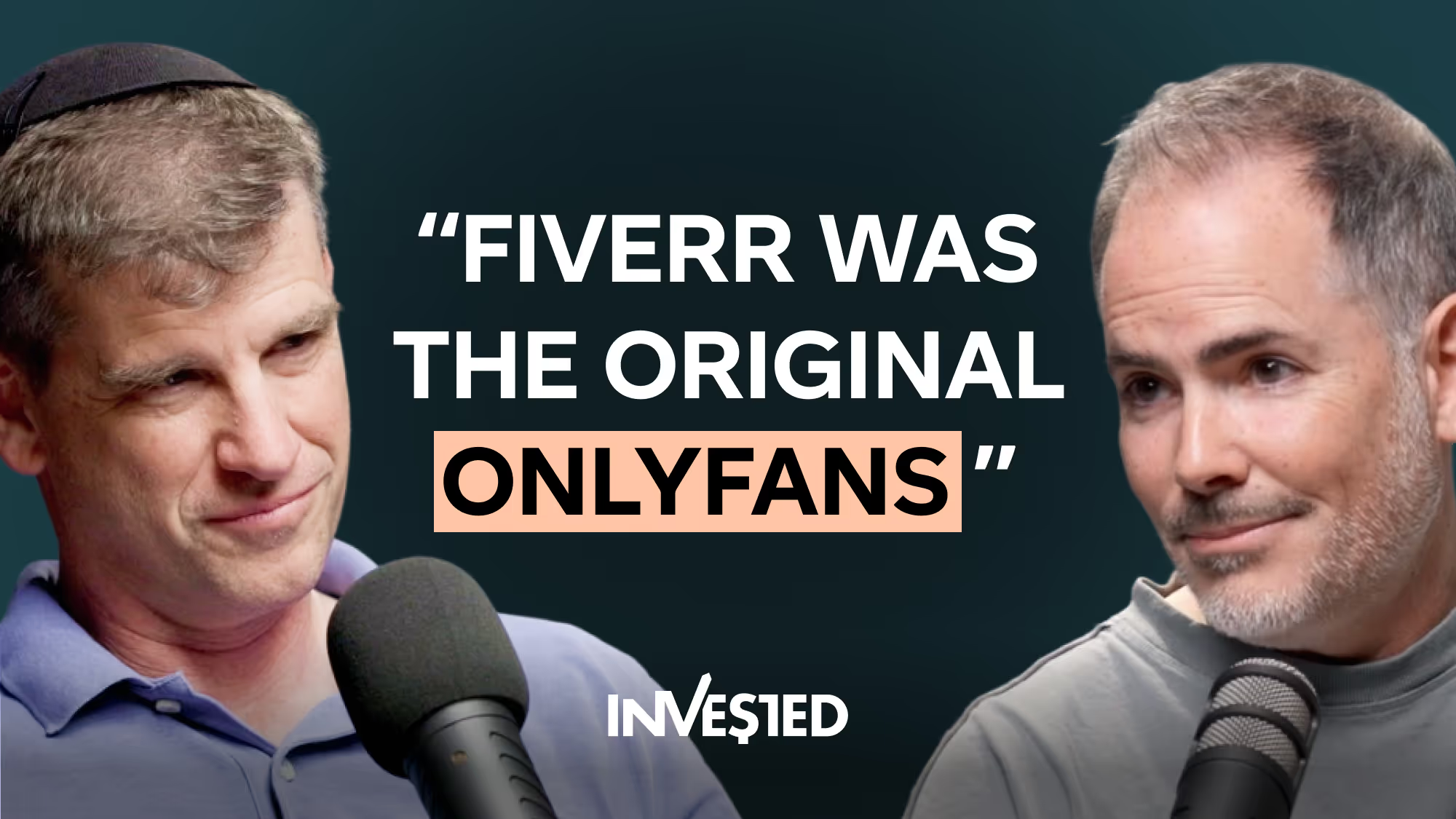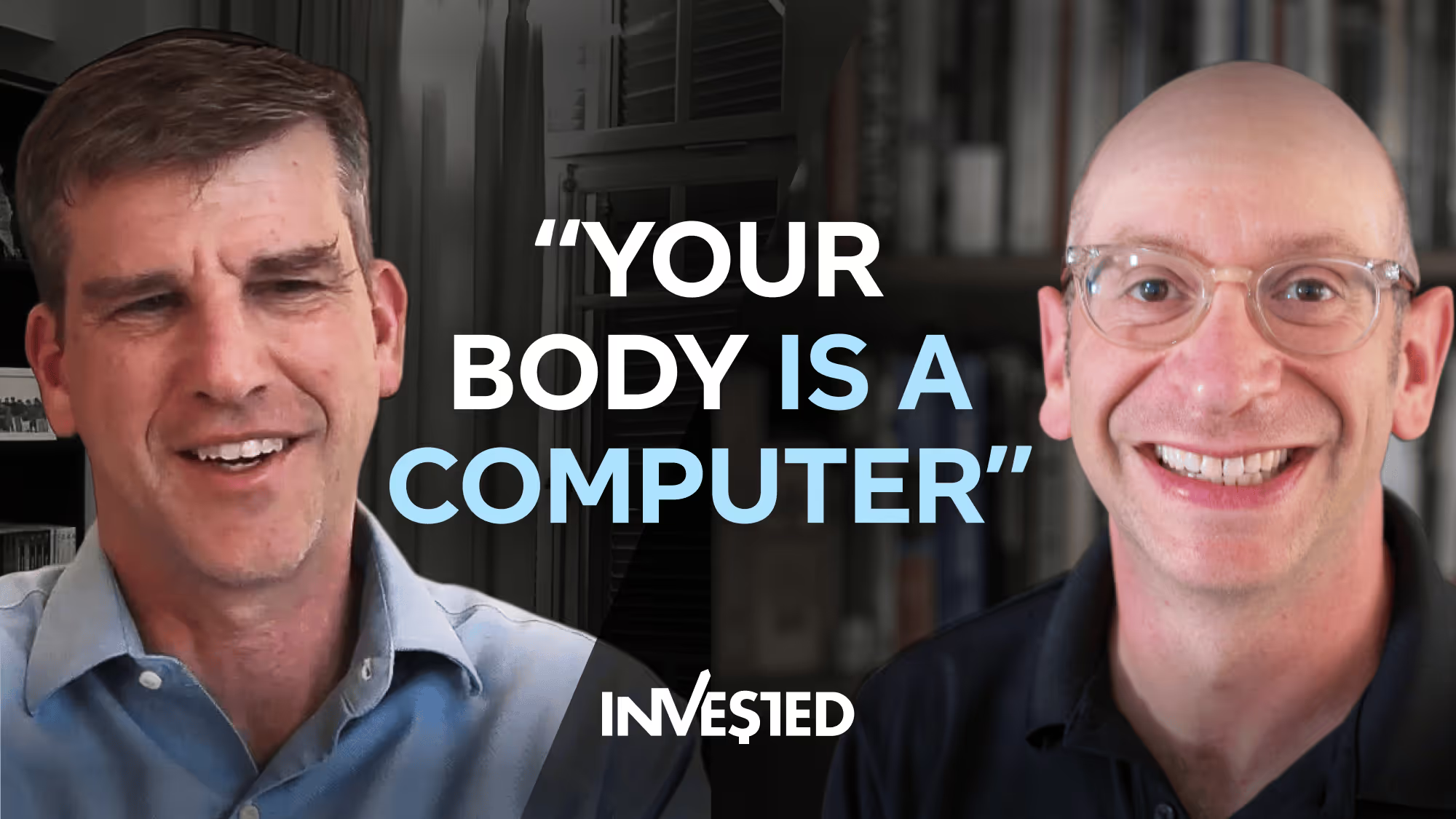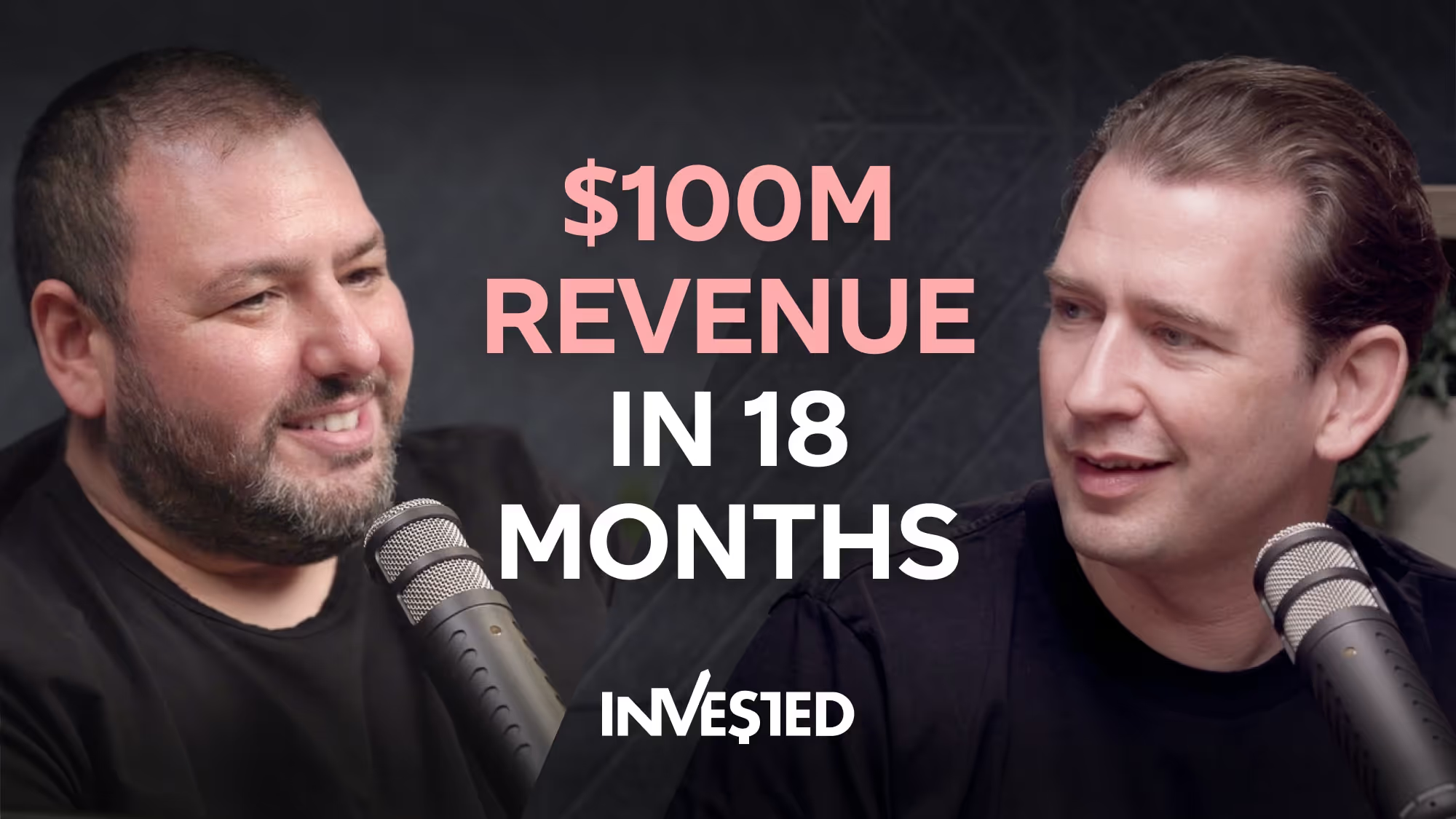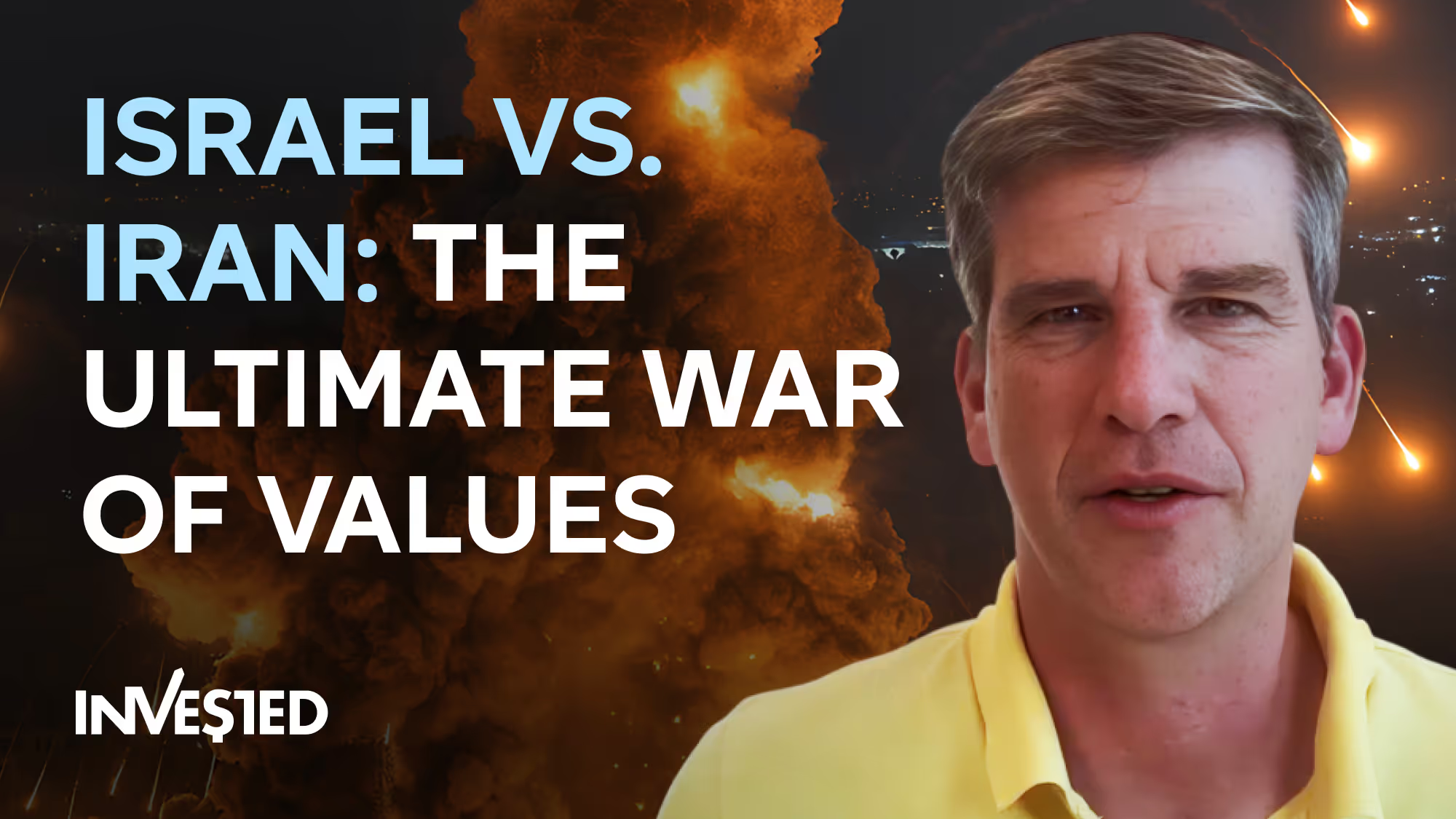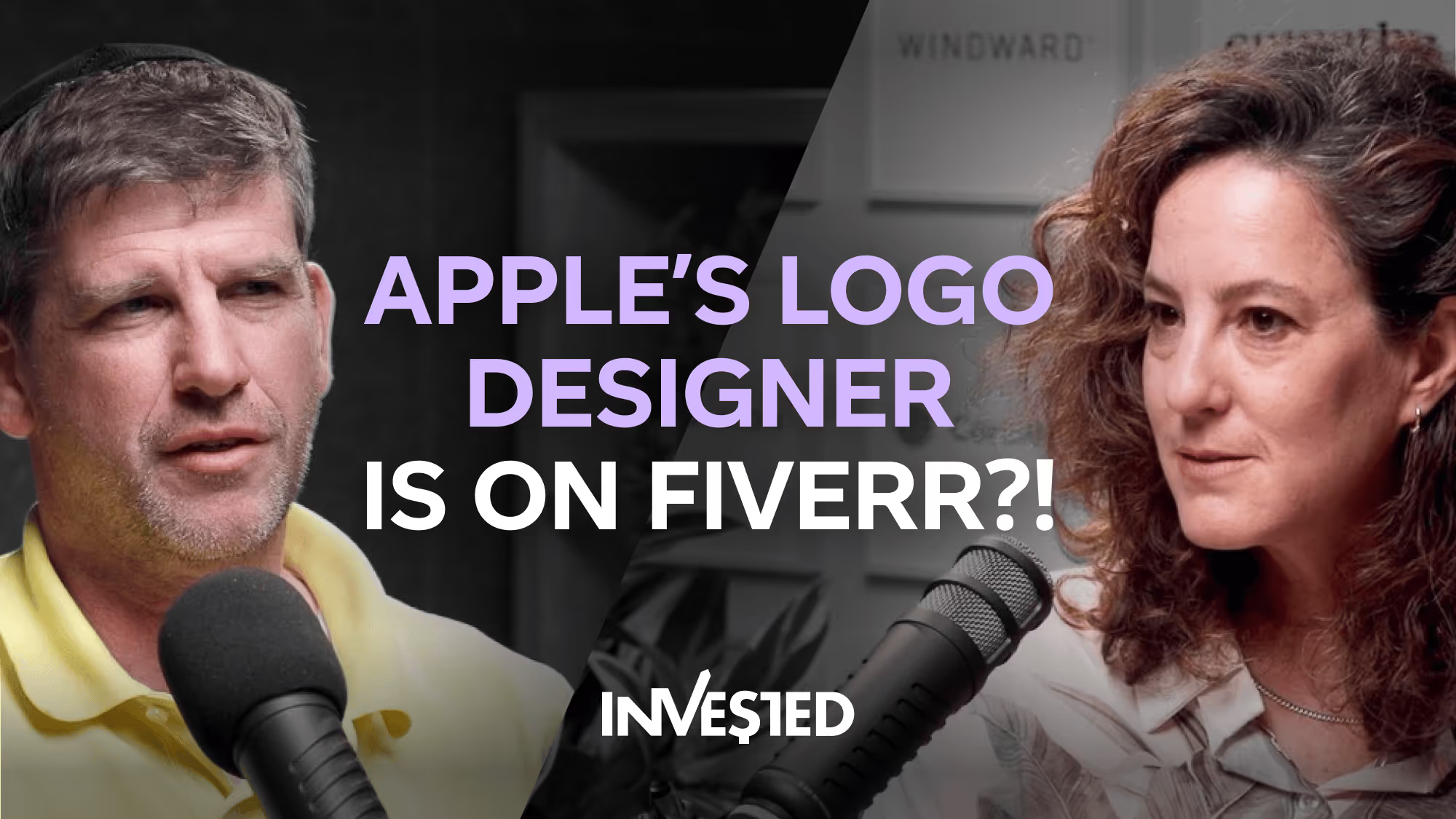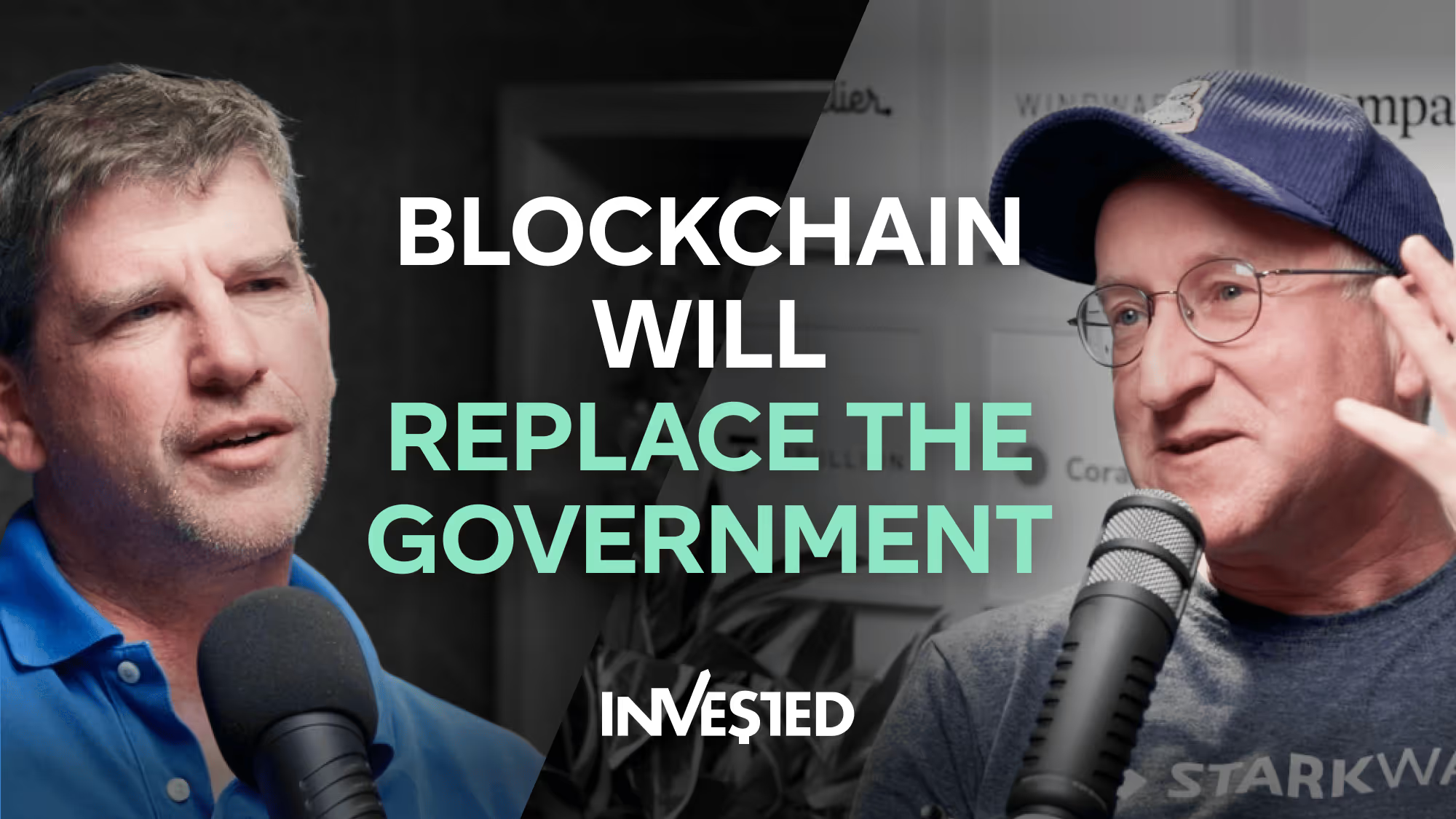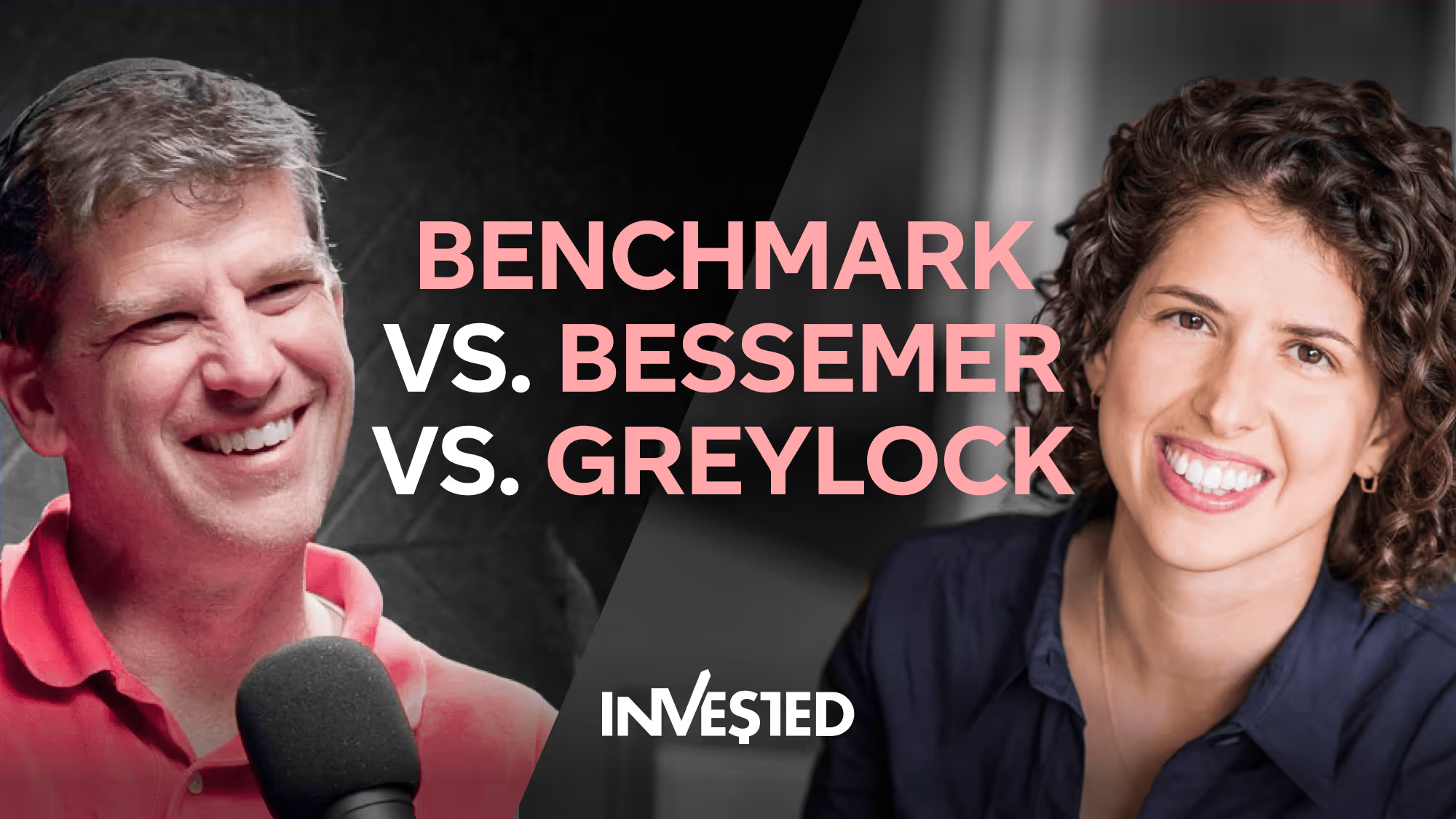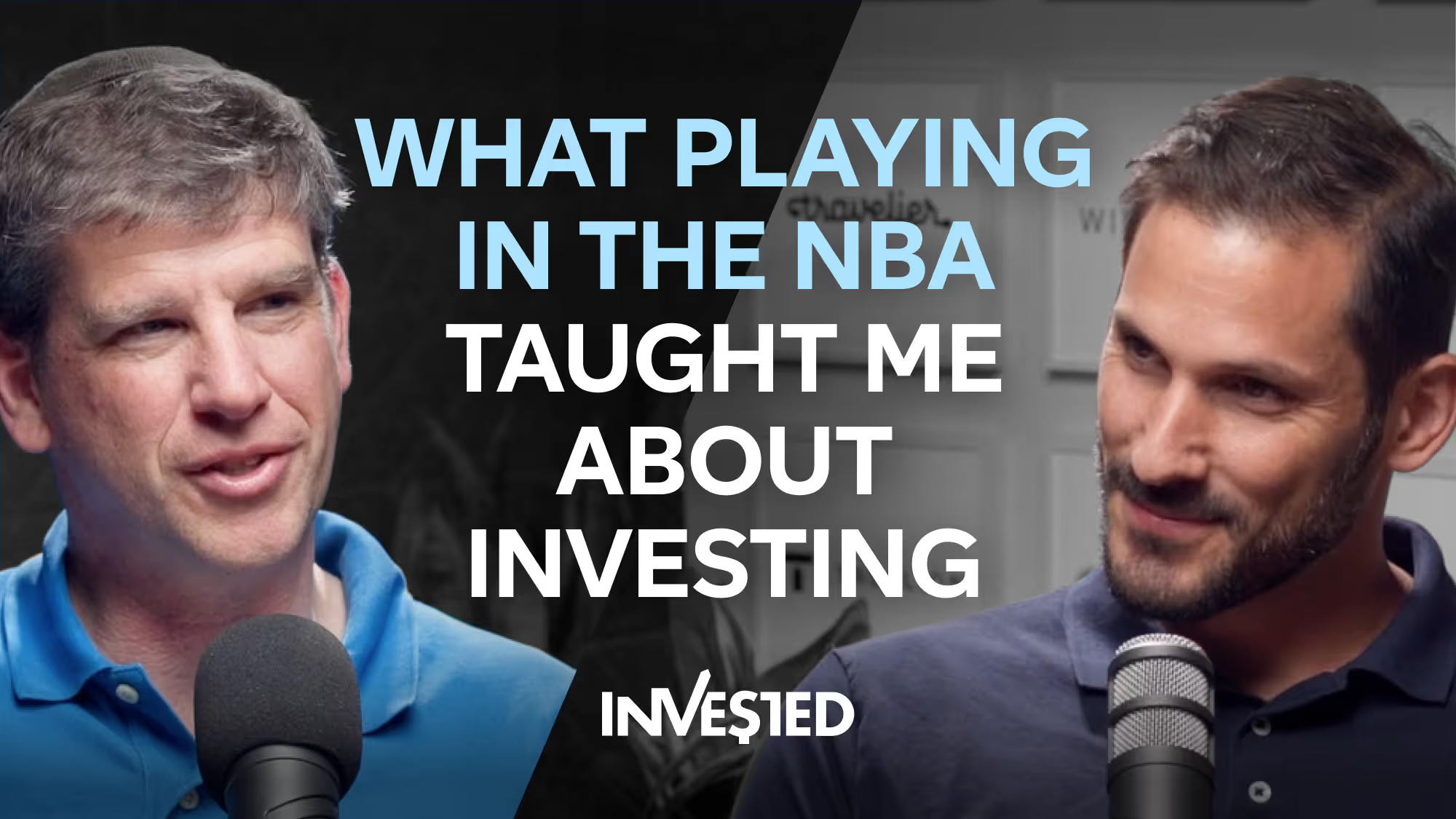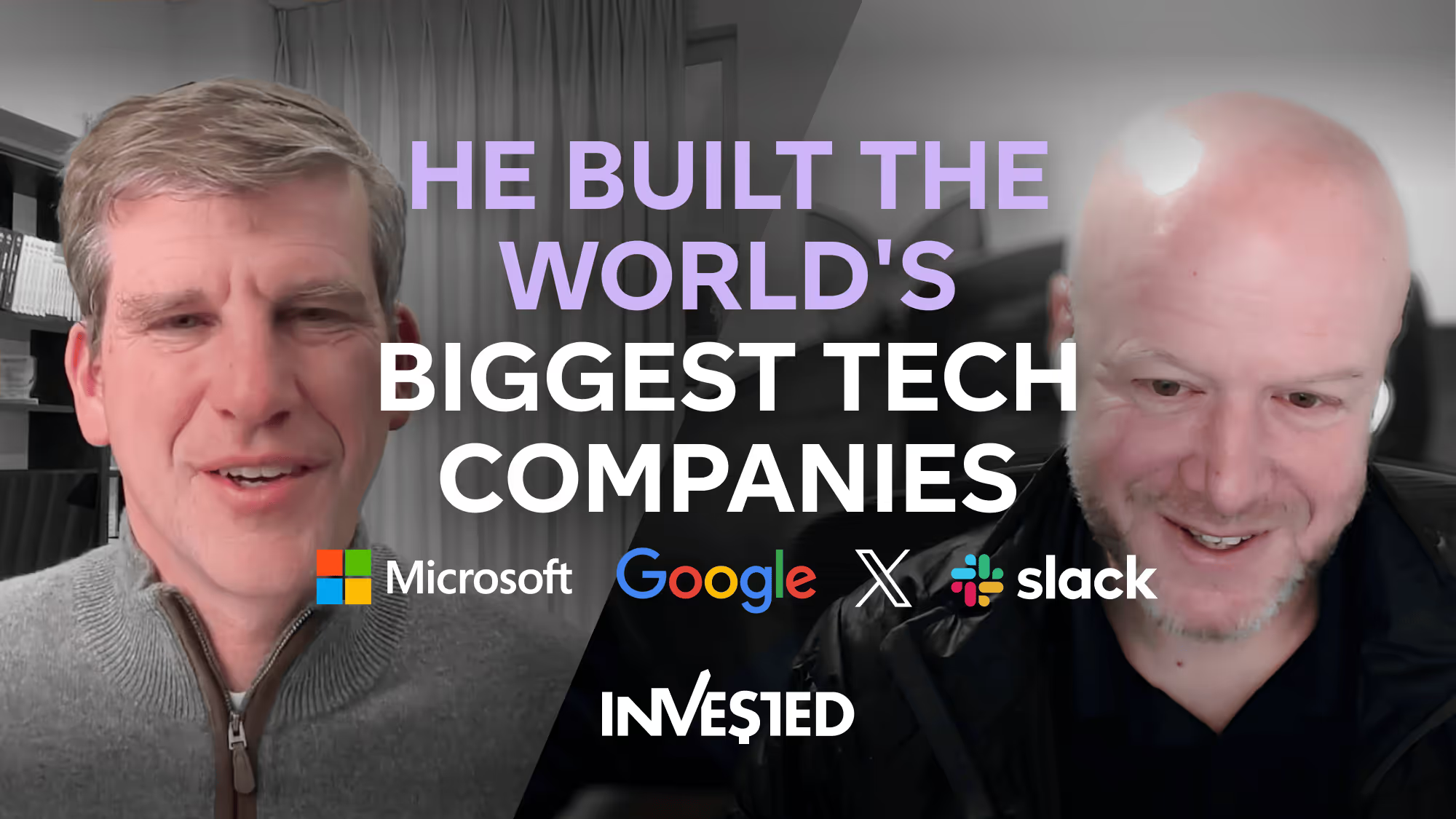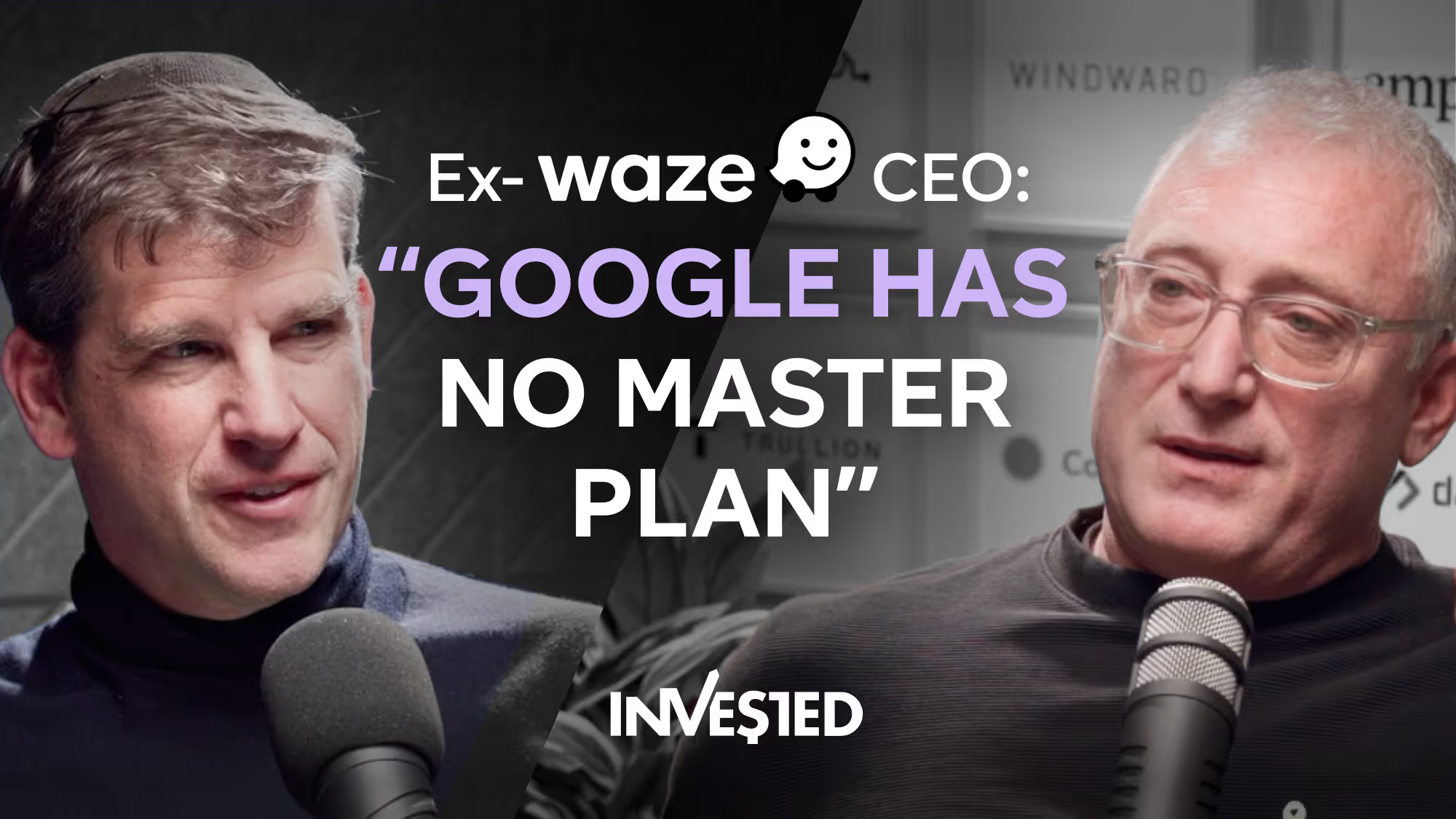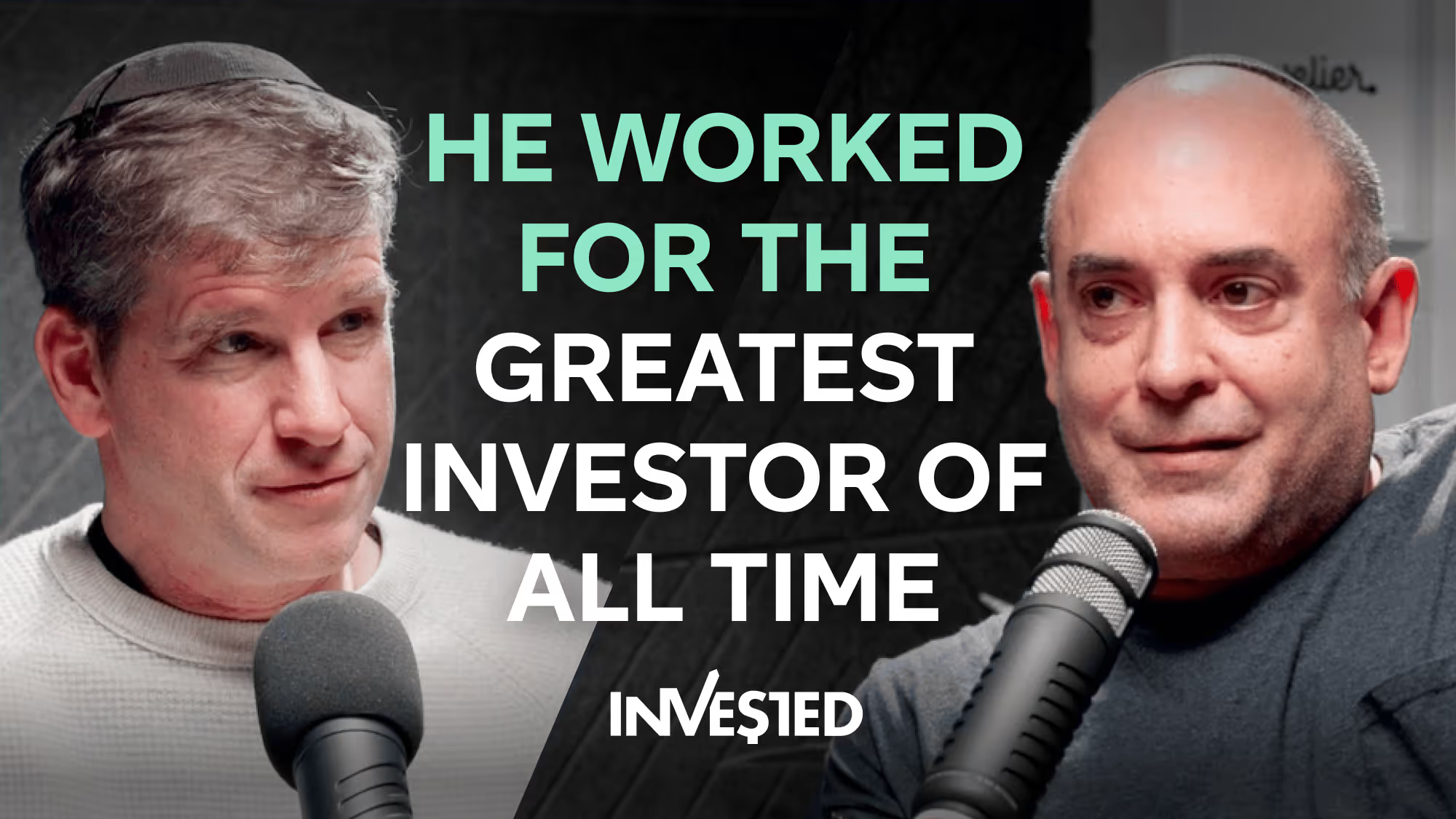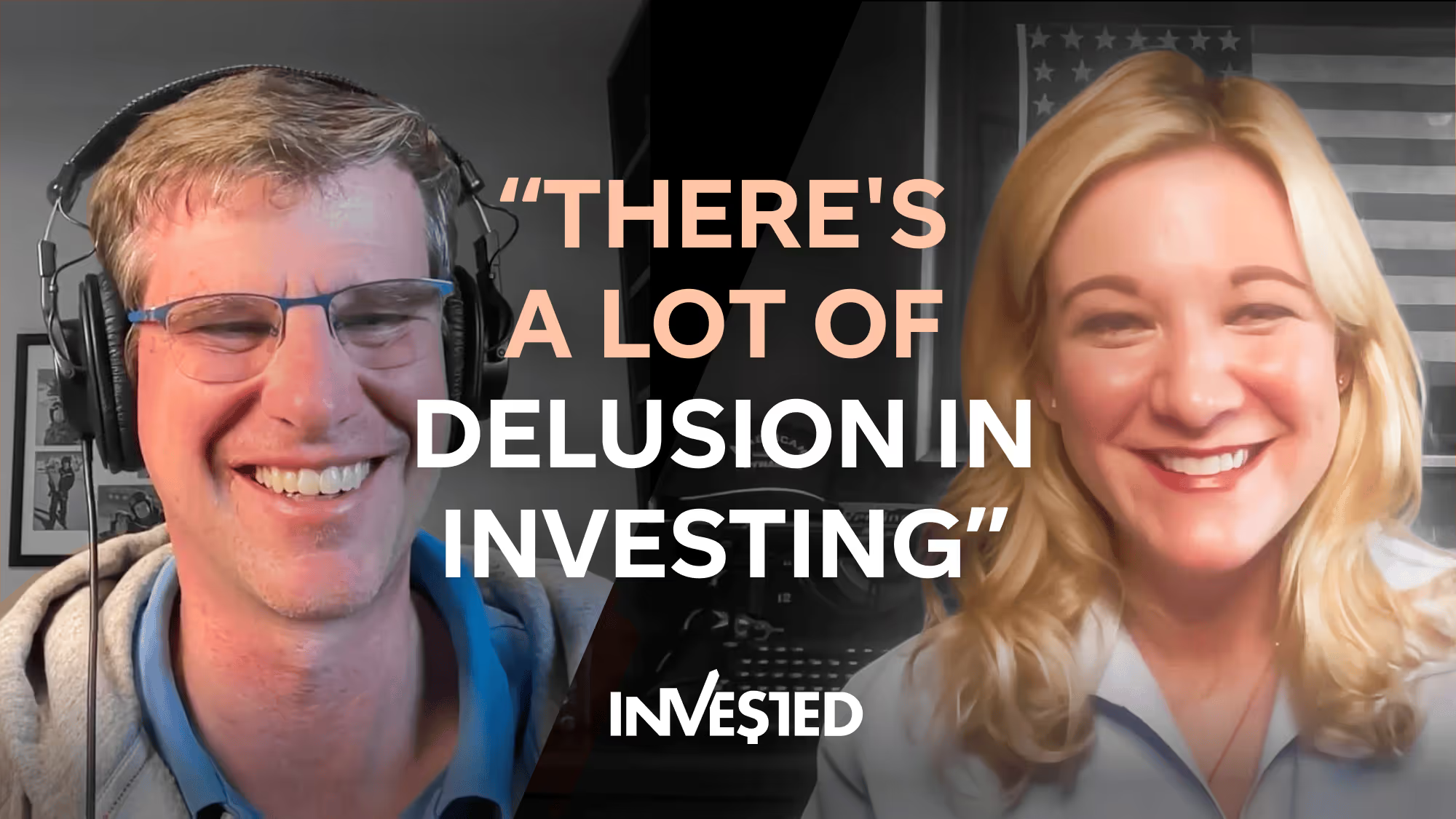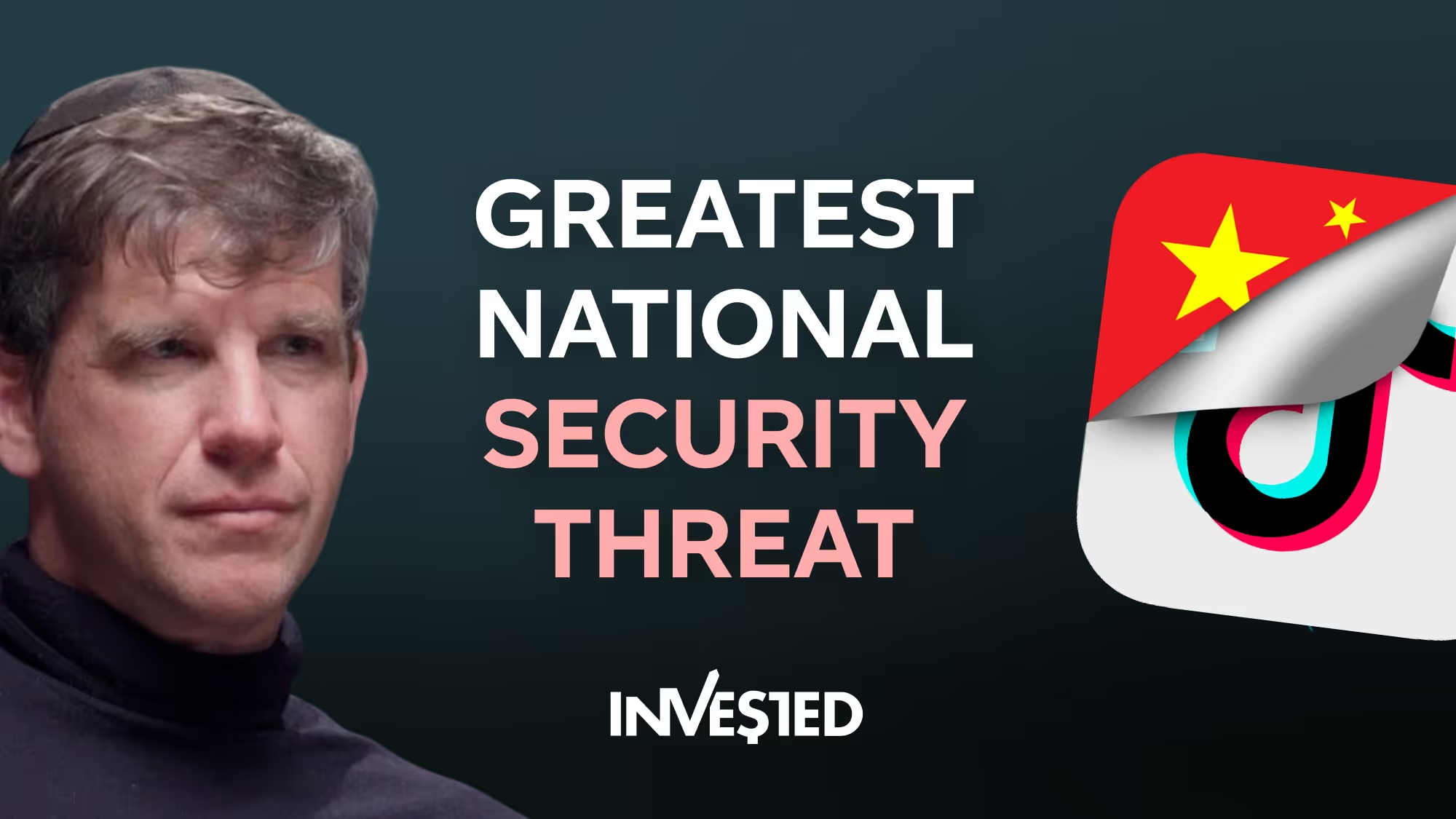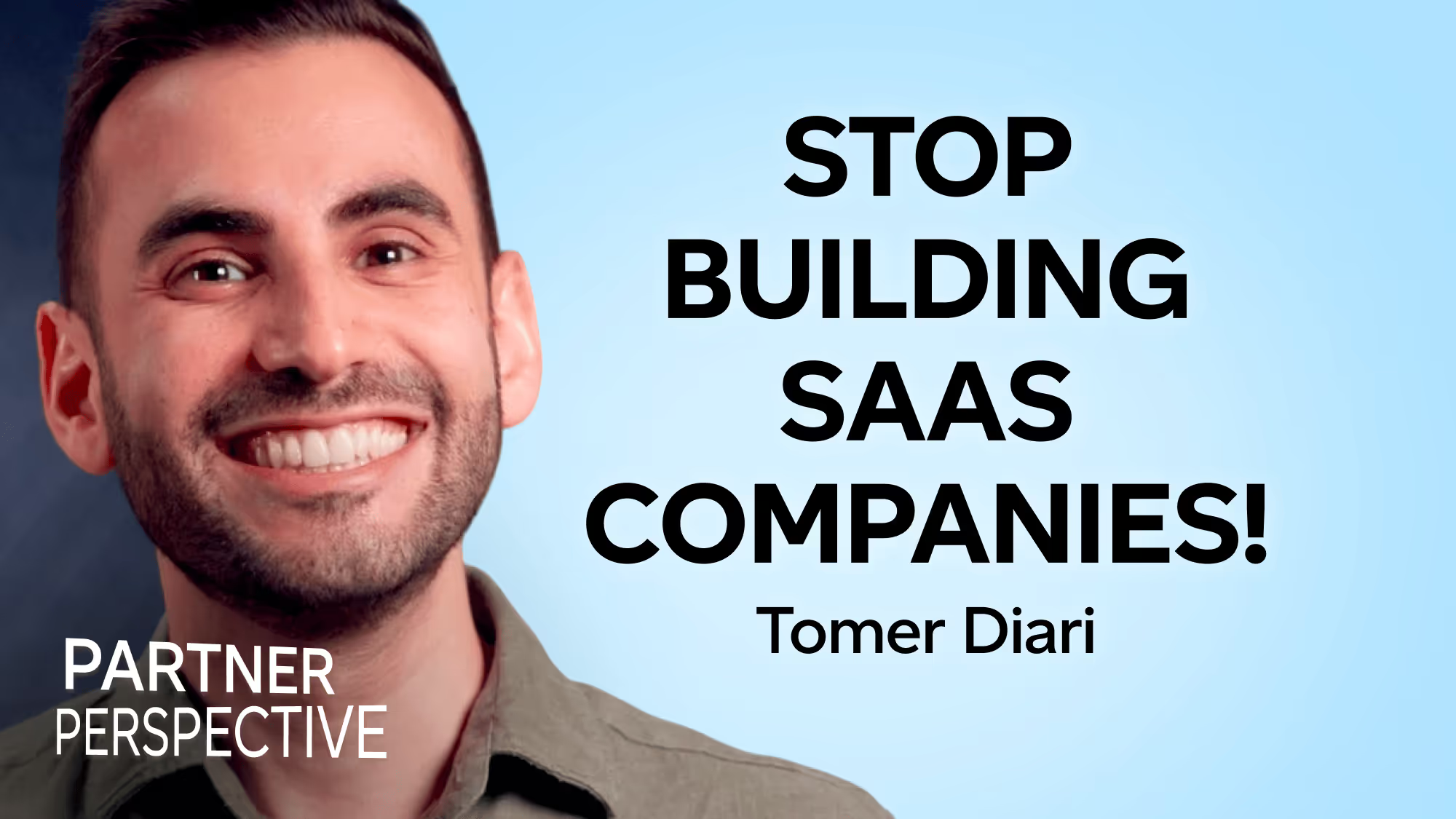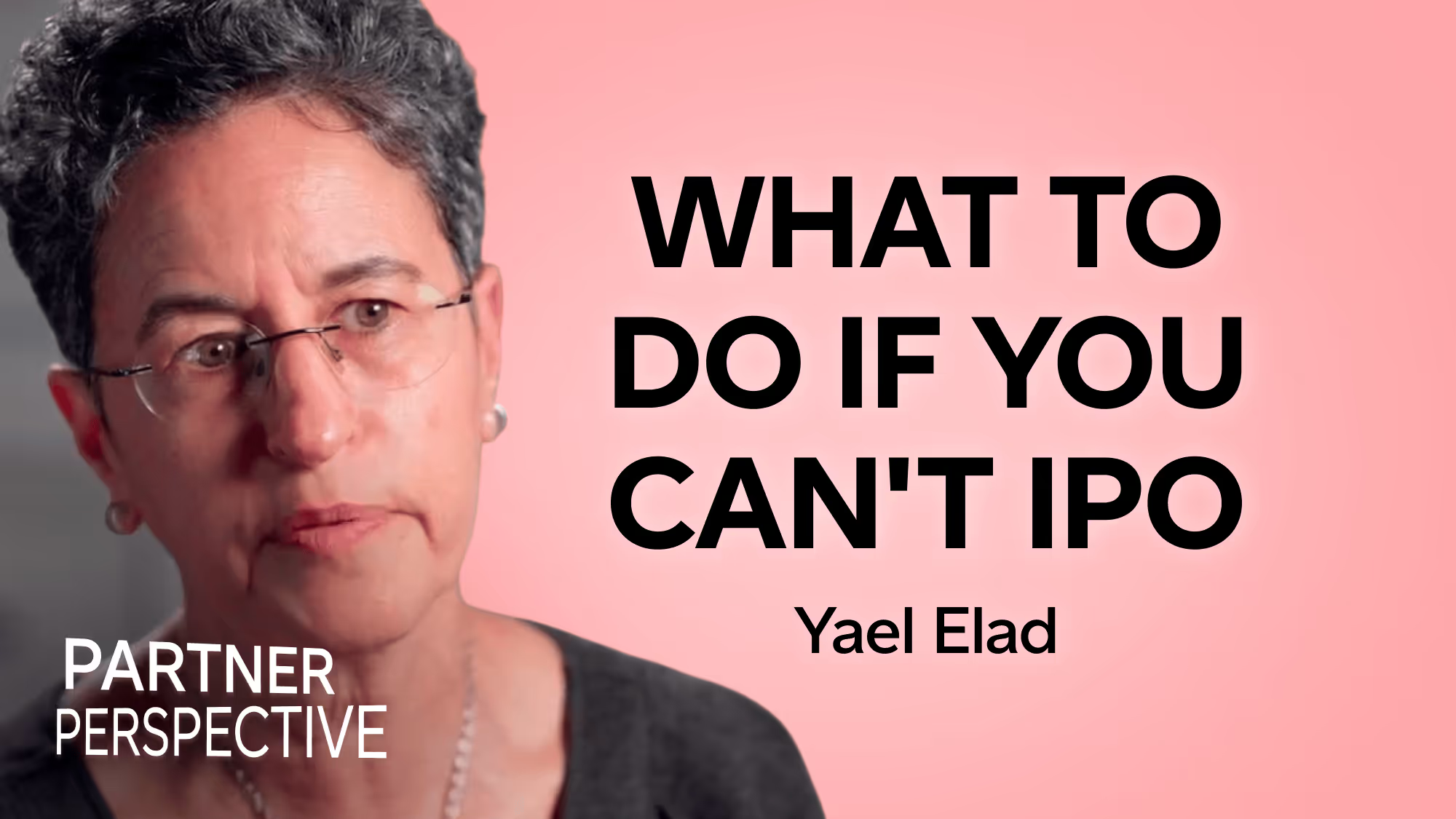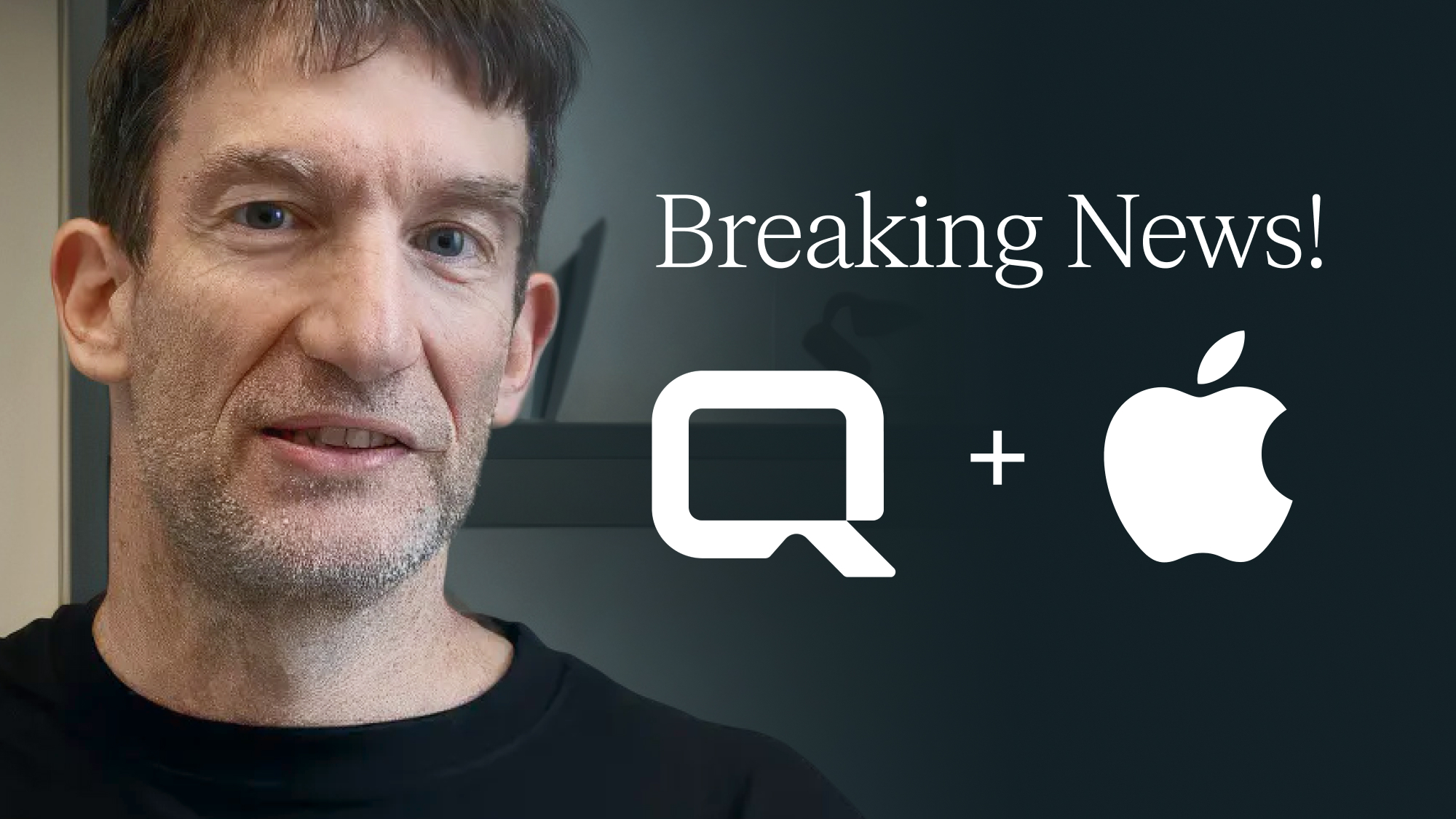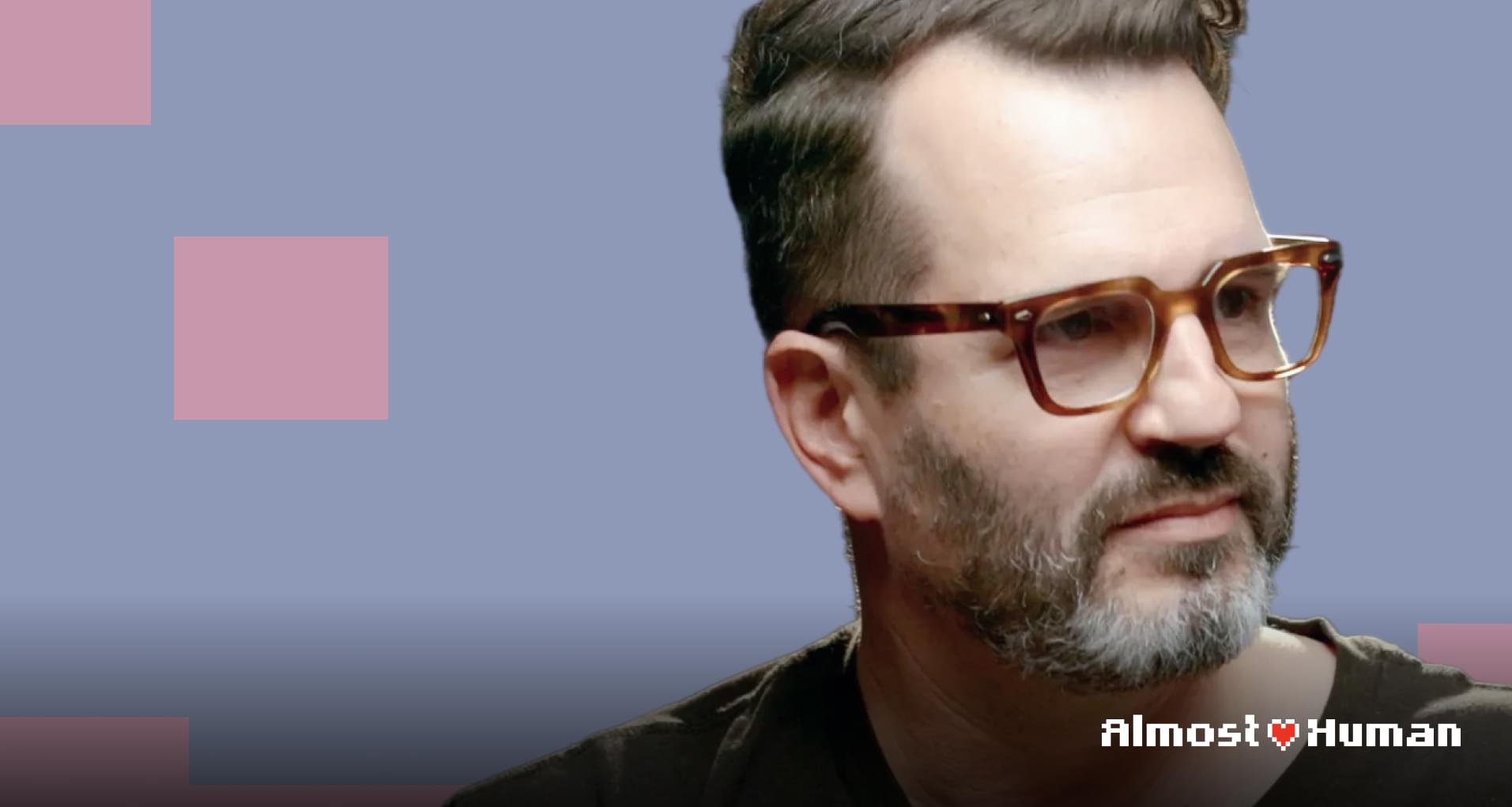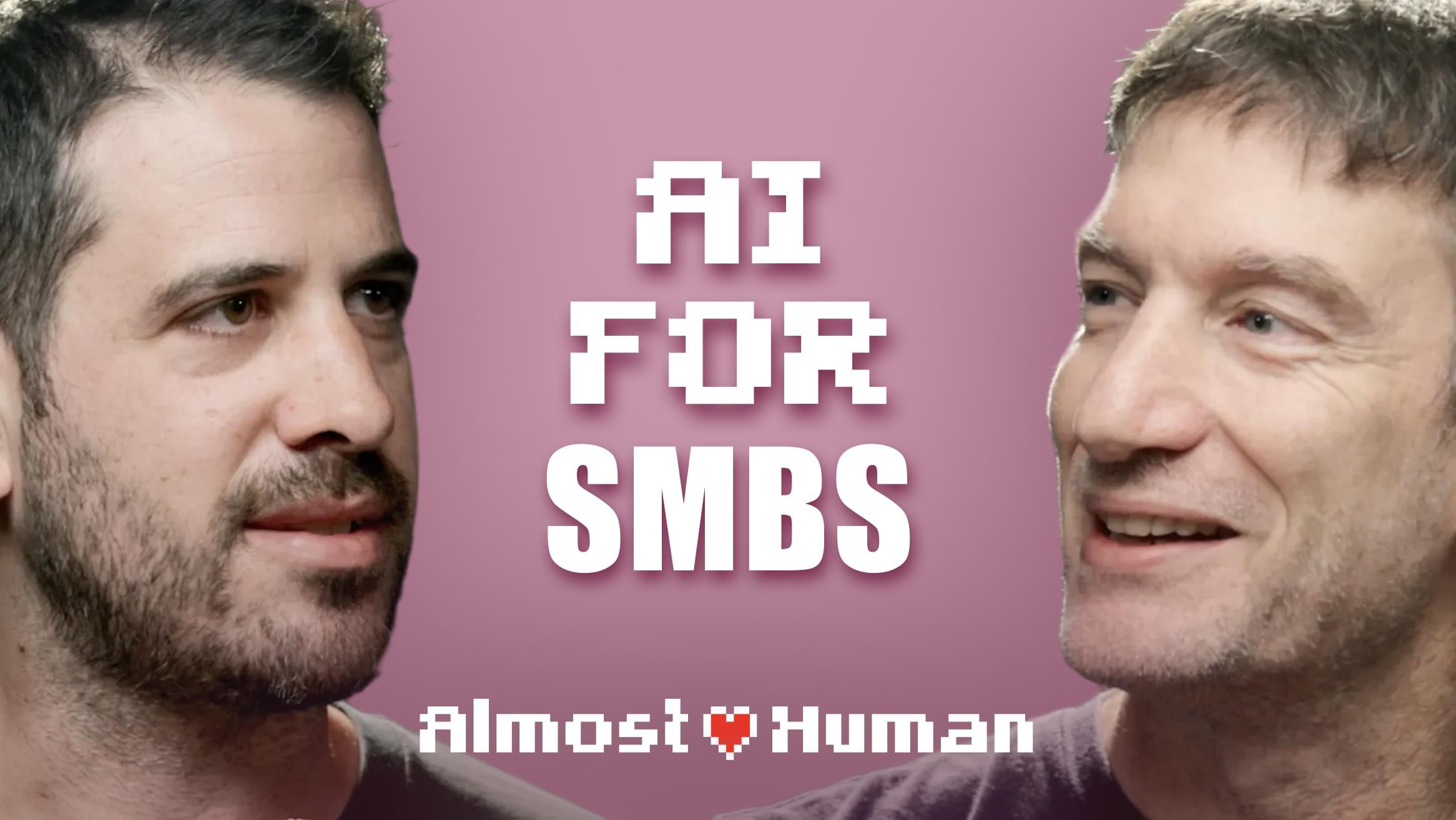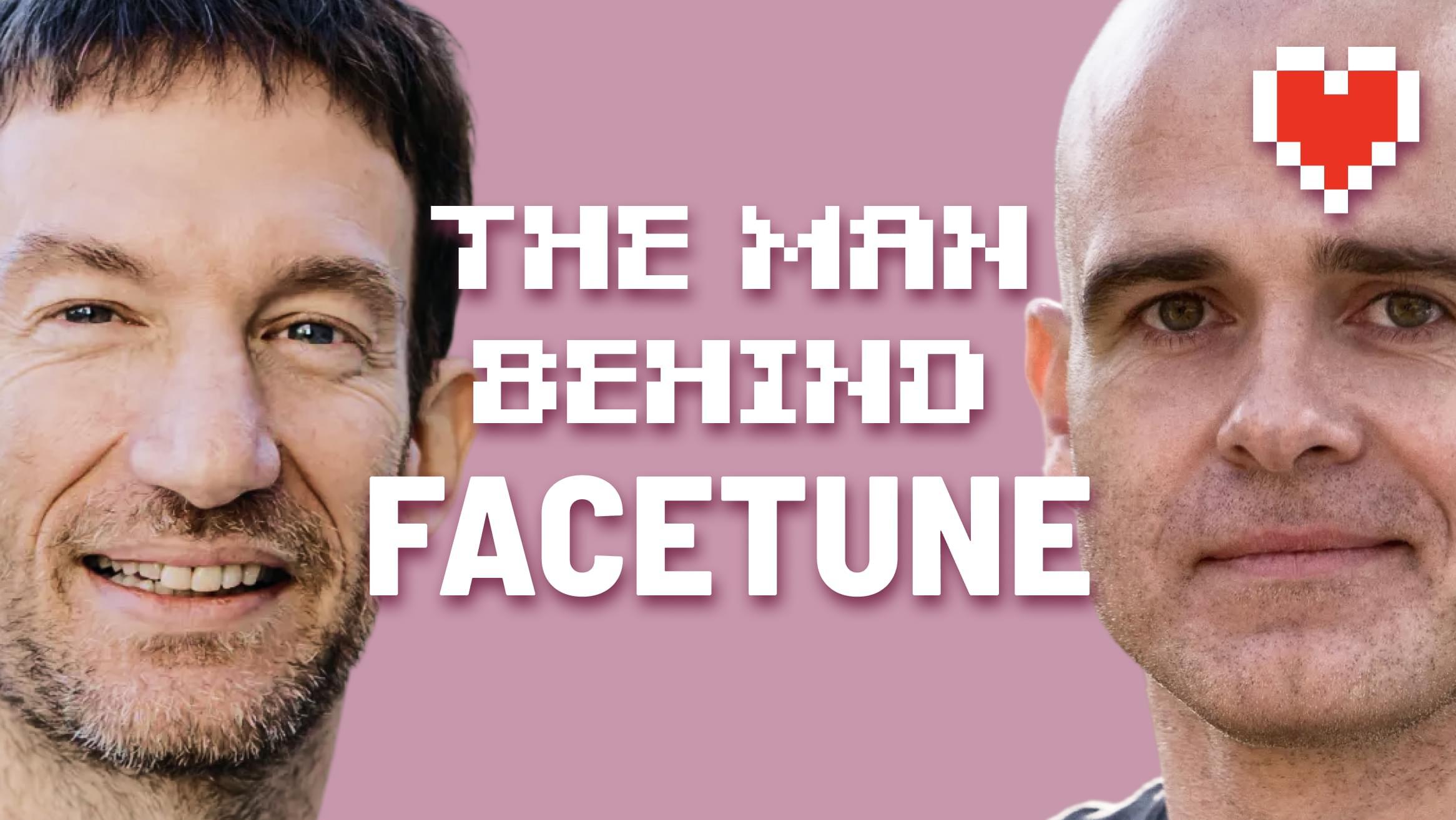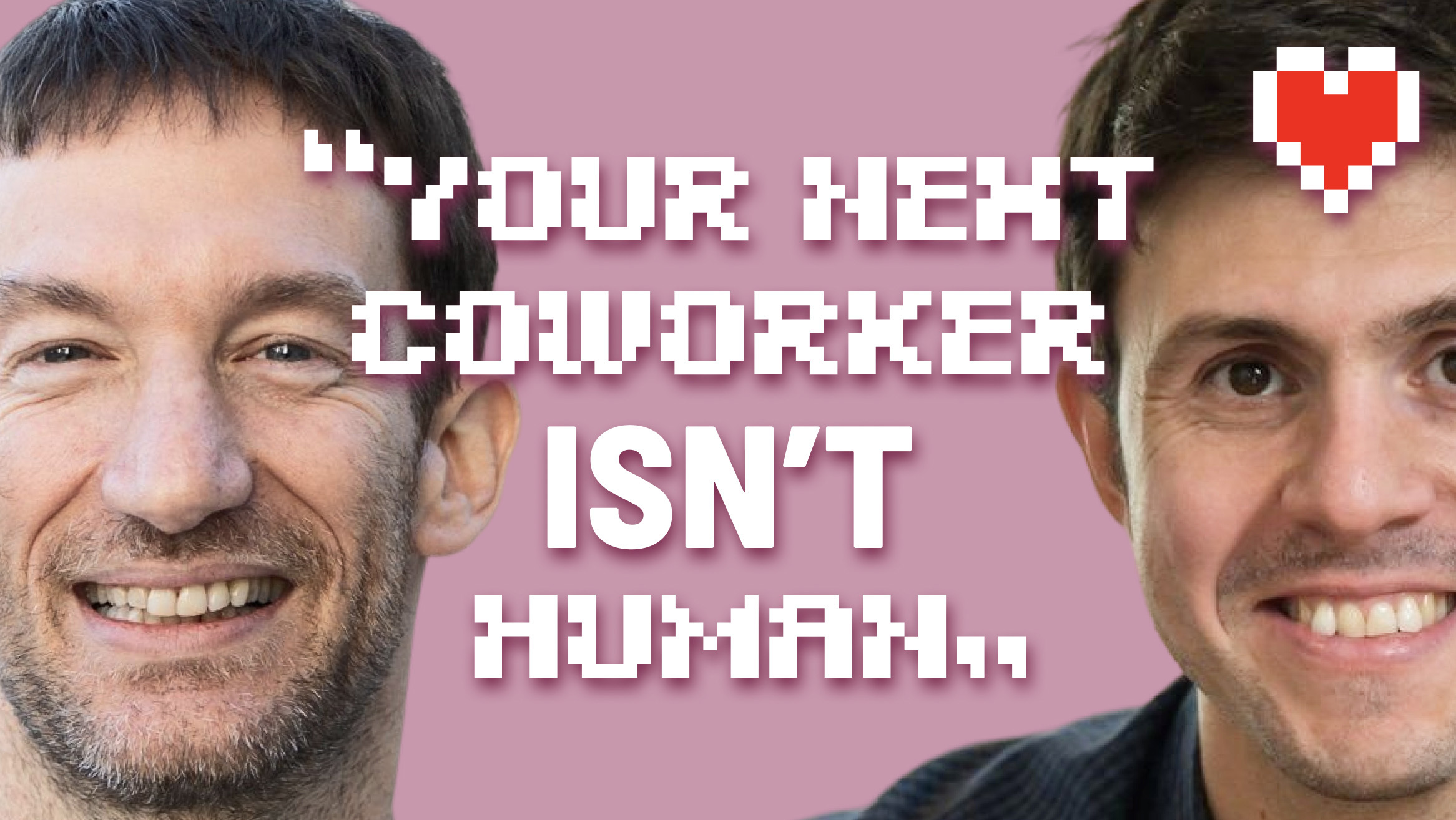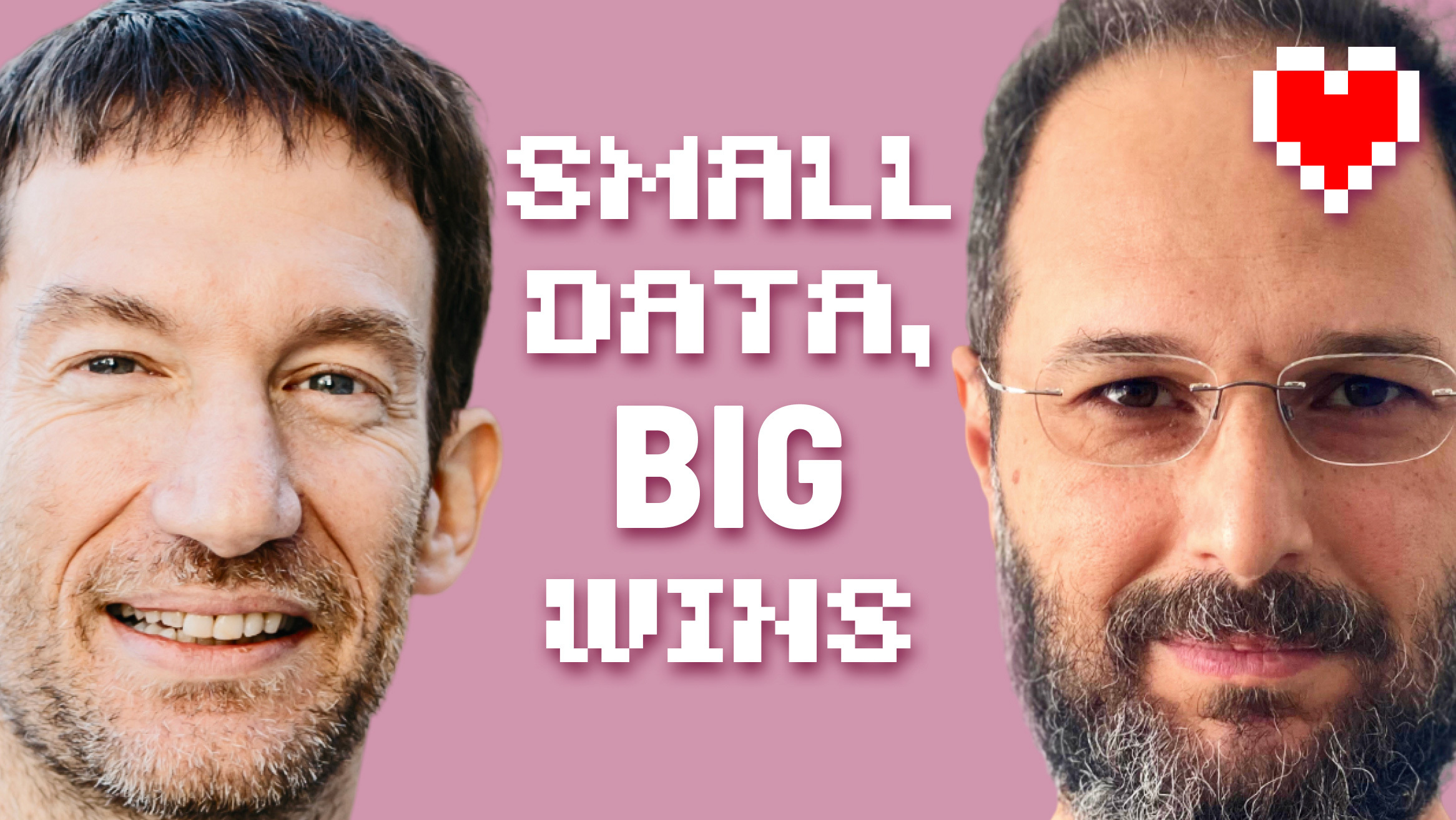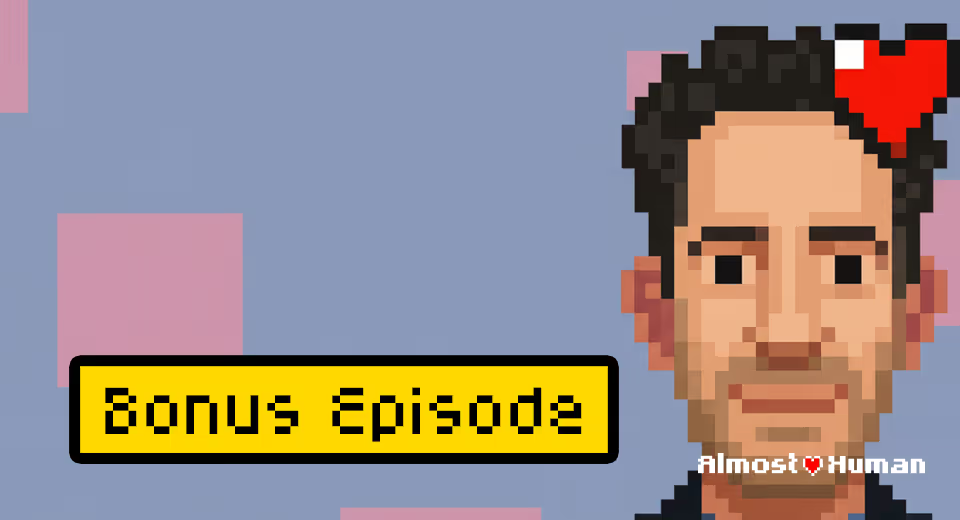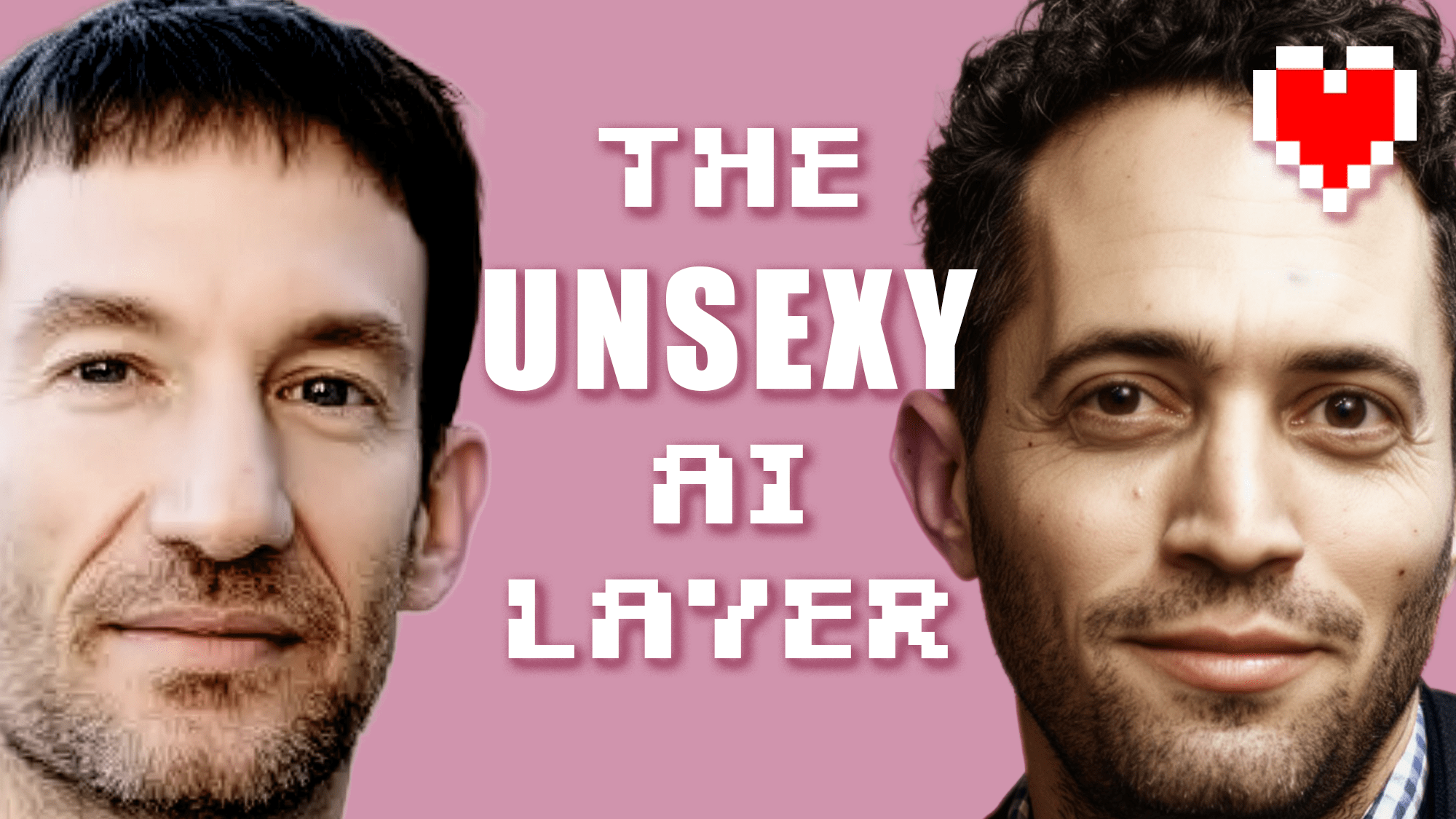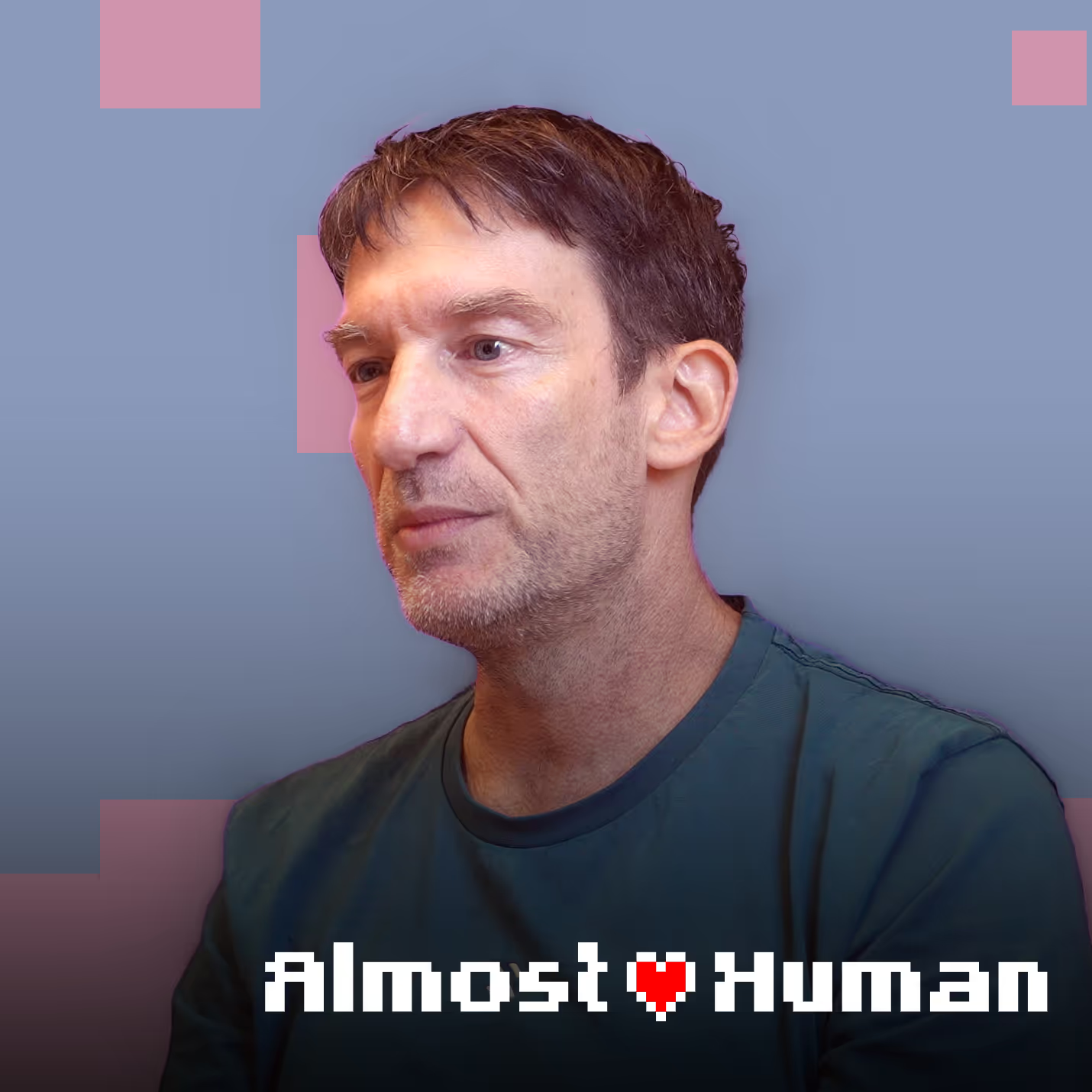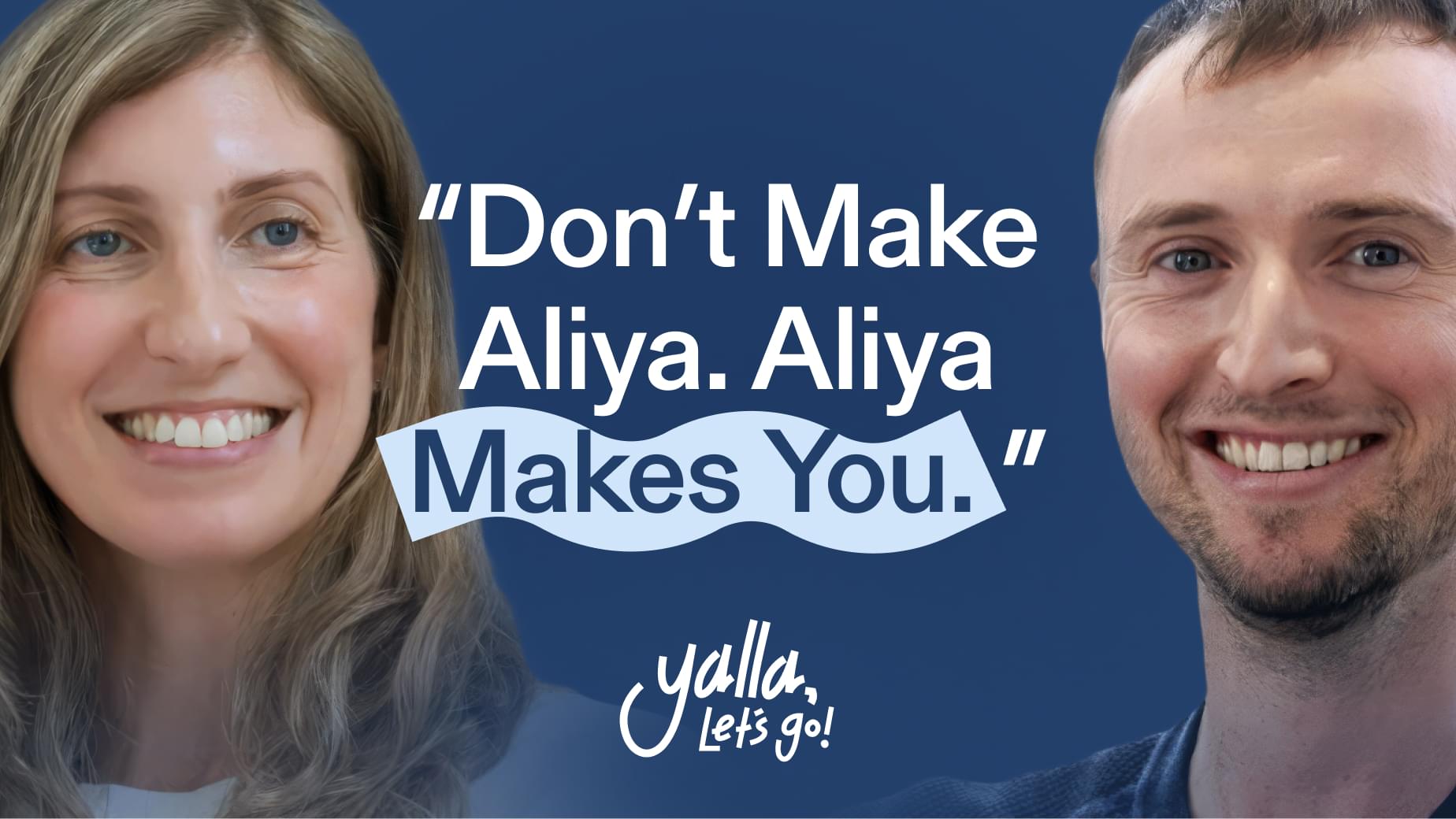Gigi Levy-Weiss
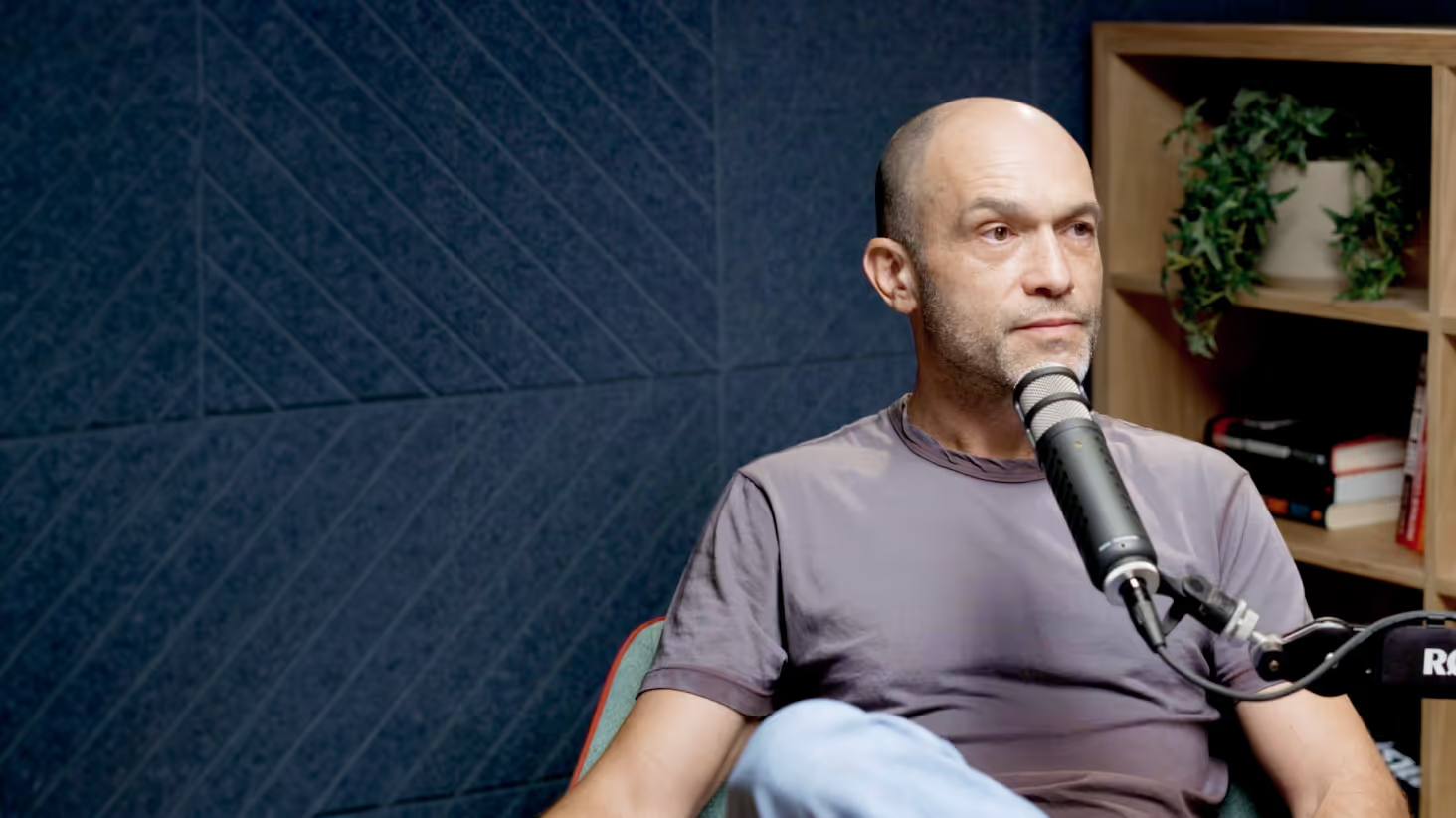


How can values create value? On this podcast, Michael Eisenberg talks with business leaders and venture capitalists to explore the values and purpose behind their businesses, the impact technology can have on humanity, and the humanity behind digitization.
Gigi Levy-Weiss



How can values create value? On this podcast, Michael Eisenberg talks with business leaders and venture capitalists to explore the values and purpose behind their businesses, the impact technology can have on humanity, and the humanity behind digitization.
Gigi Levy-Weiss



How can values create value? On this podcast, Michael Eisenberg talks with business leaders and venture capitalists to explore the values and purpose behind their businesses, the impact technology can have on humanity, and the humanity behind digitization.
Gigi Levy-Weiss
Gigi Levy-Weiss
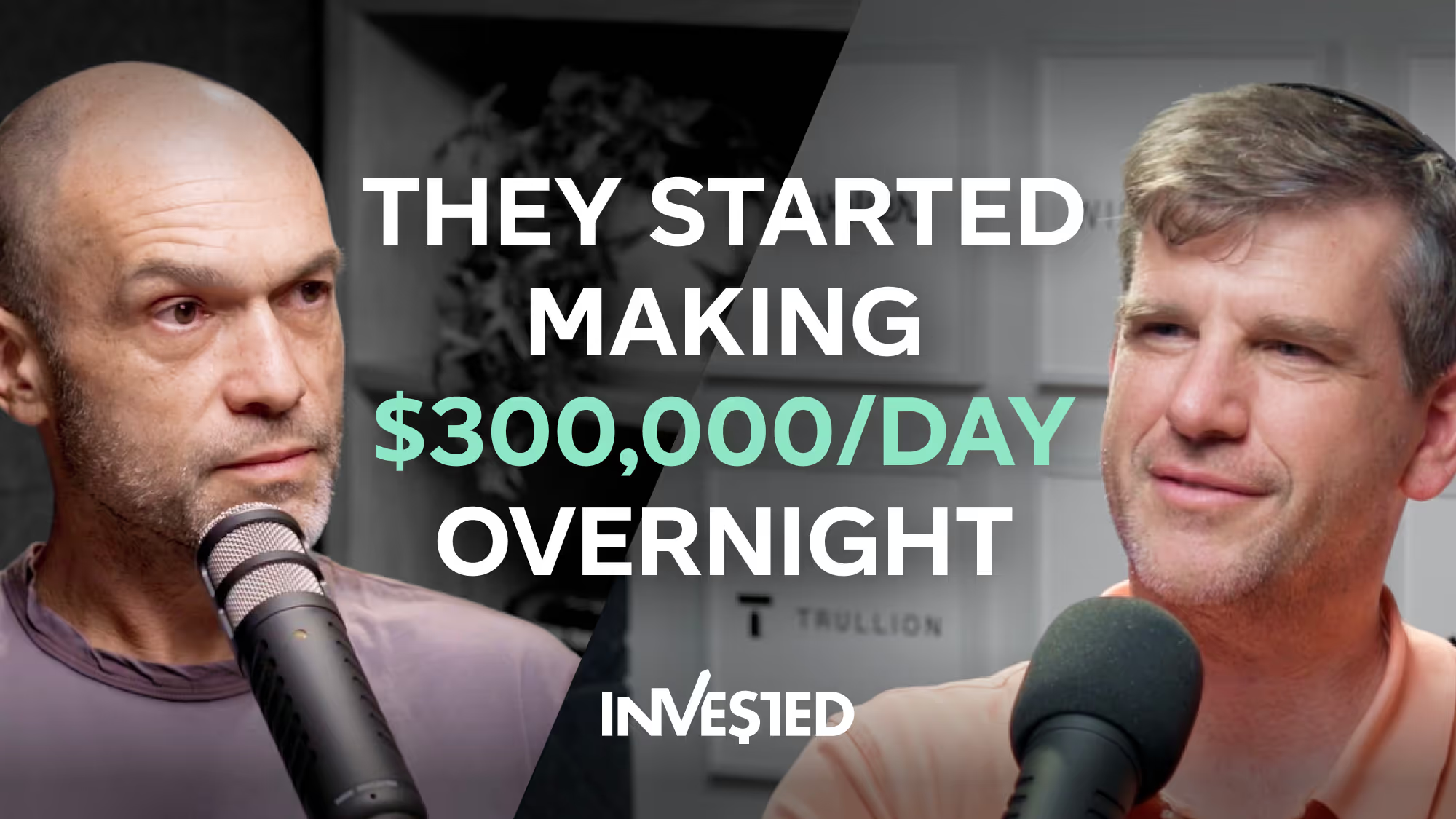
Gigi Levy-Weiss
Gigi Levy-Weiss
00:00 – Intro
02:00 – Why My Name is Gigi: A Personal and National Story
03:10 – From Helicopter Pilot to CEO: Gigi’s Unconventional Career Path
05:05 – The Israeli Air Force Method of Failure
09:30 – Teaching Civilian Teams to Debrief Like Fighter Pilots
11:45 – How to Build a Culture That Embraces (Good) Failure
14:25 – Celebrating Failure at Playtika
16:50 – Experience vs. Fresh Eyes: Who Should Lead After Failure?
20:10 – Why Gigi Rarely Replaces Founders, Even When They Fail
23:59 – Gigi Selling His First Company and Learning What Not to Do
26:45 – 888 and the Crash: From Private Jet Dreams to Crisis Mode
35:30 – Gigi’s Biggest Lessons from Running 888
38:55 – Hire for Talent Over Experience
40:00 – Building Playtika and Accidentally Creating Slotomania
46:50 – Wrestling with the Ethics of Online Gambling
52:20 – Facebook, Games, and Losing Faith in Tech’s “Goodness”
54:10 – If Gigi Were the AI Ethics Czar, He Would…
56:00 – The AGI Arms Race and the Collapse of Trust in Truth
59:20 – Are the Ultra-Orthodox Ahead or Behind?
01:01:00 – Founding NFX: From Angel Investor to Seed VC
01:06:00 – The Startups Gigi is Most Proud of
01:08:50 – Building Line Five: A Response to October 7th
01:10:55 – Why Gigi Took a Public Role in the Judicial Reform Protests
01:13:30 – Israel’s Founders Agreement Problem
01:16:30 – October 7th and the Rise of Civilian Emergency Networks
01:19:25 – Feature or Bug? When Citizens Replace Government
01:20:10 – The Next Generation of VCs That Give Gigi Hope
01:21:53 – Reflections on Responsibility, Legacy, and Leadership
On this episode of Invested, Michael sits down with Gigi Levy-Weiss, a former Israeli attack helicopter pilot turned entrepreneur, investor, and co-founder of the seed fund NFX. Gigi reflects on his journey from combat missions to leading companies like 888 and Playtika, highlighting lessons in leadership, military-style debrief culture, and the value of “good failures.” He shares his founder-first philosophy as a VC, his cautious stance on replacing CEOs, and his thoughts on the ethical complexities of tech - from online gambling to AI. Amid Israel’s political and security upheavals, Gigi also discusses civic responsibility and the vital role of grassroots leadership.
Please rate this episode 5 stars wherever you stream your podcasts!
Gigi (00:00.098)
We're seeing a train wreck, and we're not doing anything, because we feel that it's not in our powers.
Technology has got to this junction where I'm not as 100% sure that it's definitely making the world a better place, again, and again, and again, the way I was sure before.
If I ever hear you say that again, that's gonna be the end of your career in the Air Force. Because if you didn't learn anything, there's just no point of putting you in a plane.
Openly saying what we did wrong and what could go better and that we failed can get you promoted.
Michael Eisenberg:
Can I ask you how you feel about being in the gaming business?
Gigi:
In the gaming gambling business or in the gaming gaming business?
Michael Eisenberg:
Gaming gambling business.
Gigi:
It wasn't an easy decision for me.
I invested in 150 companies as an angel.
Michael:
What was the best one?
Gigi:
Define best.
Michael:
The highest return.
Gigi:
The highest return in multiple, or in absolute money?
Michael (00:40.321)
You're making this difficult.
Who keeps the headlines coming?
Gigi:
It's not as if you don't know about headlines.
Michael (00:53.44)
Ouch!
I am thrilled to be back with another episode of Invested with my friend, great investor, great entrepreneur, great CEO, Gigi Levy.
Gigi:
Nice to be here. Thanks for having me.
Michael:
Gigi, I think the thing that most of our listeners are invested in is–what is your real name?
Gigi:
Wow. Gigi. You know, usually when people ask me, I say that Gigi is short for Gigigi. But the reality is that like many people in Israel, I was born to a family that lost somebody in the military. My uncle, before I was born, of course. And my mother wanted to call me after him. His name was Giora. But she didn't want to call me his name. So she invented a name: Gigi. That was not his nickname. And what I only found out recently is that actually, I was not born GigiI was born Gigi-Giora. And a week later she decided that she doesn't want to even have that name. And she went and she changed it from Gigi Giora to just Gigi. So I'm like Gigi from a week old.
Michael (01:59.726)
Wow. Are there any other Gigi's in the country?
Gigi:
Not that I know. There is, though, one lady called Gigi Levy, or probably Gi-gi Levy, because she lives in Arkansas, and she used to have a catering service older than me. She used to have a catering service in Arkansas. And the only reason I know this is because like I think 15 years ago, I get an email from Gigi Levy and she's complaining that nobody can find her on Google anymore, because I took all the Gigi Levy SEO results. And she says, can you do something about it? And I try to explain to a lady from Arkansas that even with all the connections I have, not that I want, but even if I wanted, I'm not going to be able to put her at the top of the search results for Gigi Levy. So there's another Gigi Levy, but I'm not familiar with many other Gigies in Israel.
Michael:
Amazing. Okay. So for the listeners who don't know, Gigi was a fighter pilot.
Gigi:
Attack helicopter. We make the distinction very...
Michael (03:06.072)
Okay, attack helicopter pilot.
Michael (03:10.062)
He steered 888 Holdings, which is an online gaming company, through the global meltdown.
Is that fair?
Gigi:
Yeah, an entrepreneur before, then went to work for some companies, then got back to entrepreneurship.
Michael:
Then you sold Playtika.
Gigi:
Started and sold it.
Michael (03:27.598)
Now you're a venture capitalist.
Gigi:
Was an angel in between.
Michael:
Was an angel in between, we skipped that. We're going to come back to all of these. And you've been through a lot up and downs, and we're going to talk about the judicial reform also to bring another element into your varied life–and an opinion leader around the world at this point.
Gigi (03:45.27)
Well, you know, trying to follow your footsteps.
Michael:
What's the one value that defines Gigi Levy, that's kind of taken you through all of these various career turns and life turns?
Gigi:
Do we have a couple of hours? You know, it's a big question because I think that it changed dramatically over the years. Like if you asked me many years ago, after coming out of the Air Force, I think that it would be probably excellence, like doing things really, really well, and constantly debriefing and getting better. And then over the years, I think when I was an entrepreneur, I was very focused on speed. And as an investor, I think we spoke about it many times how speed determines many times, the chances of a startup, and tons of other things.
In my social involvement, there were some other values, but I think that over the years, what I figured out–and it's going to sound like a horrible cliche, but it's the truth–what I figured out is that the one value that kind of runs through everything I do, for me, like inside, cliche warning, is love. It's love for what I do, it's love for people, love for my family, love for my people, love for my country, love for the amazing job I have, love for tech entrepreneurship and how it changes the world and makes the world a better place. And the common denominator of all of it is that, and I know it sounds cliche, but that's actually what I feel.
Michael:
It's not cliche at all. You're the first person to ever say that. It makes it not cliche.
I want to talk about something you alluded to at the beginning, which is, you thought initially, excellence and debriefing. Being an attack helicopter pilot, or being in the Israeli Air Force has a culture to it. Do you want to spend a second describing it?
Gigi:
I think that what people don't know–everybody knows how phenomenal the Israeli Air Force is, especially now after the last war, and the amazing achievements that are just seriously unprecedented in every form, and every number that you can analyze it by. But what people don't know is that the Israeli Air Force produces the best pilots in the world with generally one of the lowest number of flight hours per pilot, which is basically saving resources. At the end of the day, you get good people, you give them hours of training, they come out pilots. And the question was always, how is that possible? And the answer is a constant learning cycle. And I think that, I took many things from the Air Force, but the one thing that I took more than anything else is this learning cycle. I even wrote once a piece about it called the Learning Organization that I'll mention in a second.
And in the Israeli Air Force, the first thing that you learn, before the first flight, they start pounding into you that we're spending all that money on you, and you're going to go up and fly, and go back down just because the purpose of this flight is not to make the exercise. The purpose is to learn. And so how do you learn? You prepare, and you tell yourself what you're going to do and what you need to improve. You then go, execute it. Every time you execute it,
you stop and you say, “Okay, what did I do well? What didn't go well? Why didn't it go well? What do I need to do better for the next cycle?” And you do it again and again.
You finish the flight, you go down, you land, and the first thing you do, you write a debrief. This debrief goes and says, “This is what I said I'm going to do. This is what actually happened. This is my assumption on why. This is how I'm going to get better in the next flight.” And again and again. And I think that, you know, every pilot has this point where you have this perfect flight, everything goes really well. You come down and you sit with the instructor, and the instructor says, “What did you think?”
And you say, “I think it was amazing.” And he said, “Okay, what else do you have to say?” You said, “I think it was a really good flight.” Because you're young and cocky, and it was a good flight. And then he looks at you and says, and everybody as an instructor gets to a point where you tell them, somebody says, “If I ever hear you say that again, that's going to be the end of your career in the Air Force. Because if you didn't learn anything, there's just no point in putting you in a plane.” And I think that this is a methodology that when you embed it into everything you do, becomes so powerful, because the first thing is that we are all used to, we're always told to learn from our failures. Something didn't go well, why didn't it go well? We invested in somebody, there were bad signs. He didn't really reply to emails on time, even when we invested.
We could have known that he's going to be lazy, or slow, or whatever later on. That's fine. But we hardly ever stopped to learn from things that went okay, or things that went really well. And the reality is that you need to learn from everything. And the Israeli Air Force focuses on learning from everything all the time. And I took it into my life, and I try to give it to my kids. And I try to tell my companies that this is the only way to succeed.
And I'll just say one last thing about it, is that, if you think about it, startup life is iterations, right? You iterate to try. It goes well, you iterate again, again, again, and you improve. Now assume that through this learning process, you can make every iteration only 10% better. That's it, only 10% better, not 200% but every iteration. In 10 cycles, you're gonna be twice as good as the other person that's not doing that. And so this is really critical to the way you work, and I think this is a big blessing.
Gigi (09:32.386)
We then founded a non-for-profit that did this for NGOs, for the improvement of NGOs. And then the subset of this did this for medical professionals. And so I think that this is really a critical tool set that I have, and that everybody that came to the Israeli Air Force had. For years, we tried, I think, to try and push it into the rest of the Israeli military in the same form. Some parts took it, others less, but it is a phenomenal tool.
Michael:
How do you create an environment that's a group where it's safe to talk about failures, and it's a self-improvement cycle and not embarrassing? It's a team improvement cycle and not debilitating?
Gigi:
You're right. This is the biggest question, because everybody can repeat the methodology and say that you should do this. And as you know, we mentioned the army, there's many places in the Israeli military that tried and couldn't succeed. And I think that the secret is behavior. You know, as a father to–we always say you have more kids than I have, you know more than me–that at the end of the day, you can speak values as much as you want. If you don't act the values, the kids don't absorb them. You can say ‘friendship’ as much as you want, but then if you treat your friends not properly, then the kids will see that there is no friendship as a value.
Similarly, there are two things in the Israeli Air Force that make this possible that I tried, always, to create in companies that I ran. And I think that other people are doing it as well, and doing it well. The first thing is that if you do not debrief openly and transparently yourself, you can't expect your employees to do that. We lost a deal. You know, I'm the CEO. As a CEO, it's my responsibility. If I don't stand in front of everybody and explain what I learned and why, how can I expect somebody else to do that? That's the first thing.
The second thing, which is harder–this one is relatively easy, because I'm the CEO, the employees are not going to fire me. They're going to say, “Wow, great, he's transparent, that's great.” The second thing that is harder is to really act on the promise that debriefing openly and transparently is not going to get you fired, it’s not going to get you mistreated. Now, there is, of course, a big issue in this. And this big issue is also a big issue in the Air Force. I’ll mention it in a second–which is that there basically are two types of failures you can debrief.
The first time in the debrief are what we call good failures. We really tried, everybody worked hard, the assumptions were good, we delivered on time, we delivered a good product, but it didn't work, it happens, it happens to all of us. Or suddenly we prepared everything, and then Google came out with a product before us, and they're not charging anything for it, and they're winning. These are good failures.
And then there's bad failures. The team didn't work well, they kept on fighting. They didn't deliver on time. Everybody took a vacation when they shouldn't have taken, whatever. And I think the secret is to really act well on the learnings and the debriefing of good failures. Which means that if everything worked according to the way people should work, then openly saying what we did wrong, and what could go better, and that we failed can get you promoted.
Why? Because this is not about the failure. At the same time, if you start acting the same way for the bad failures, then you're making your company a bad company. In the Israeli Air Force, the equivalent is you failed the mission because it was hard, and eventually you tried to put the missile in the target, and you missed the speed. If for some reason there was wind, you couldn't hit the target. And that's a good failure, and you need to learn from it. And a bad failure is that you didn't go to sleep on time, and you didn't brief well, and the maps were not prepared the way they were supposed to be prepared or whatever. And then you failed the mission. And for that, you should be punished or whatever the consequences are. And if you manage to make this distinction between these two types of failures, it suddenly makes it easy to celebrate the good failures, celebrate as in debriefing and learning from them.
And in one of the companies that I ran, in the happy hours where we used to celebrate successes, every once in awhile we took a good failure, and we celebrated a good failure, because we wanted to say, as long as everything was working the way it should, the fact that we didn't succeed, there's going to be many products, many projects, many iterations. It's okay to not succeed in each one of them, but we understand it's a good failure. And that's a secret to enable it in our organization.
Michael Eisenberg:
What's a good example to give from that company where at a happy hour you celebrated–tell me the good failure that you celebrated.
Gigi Levy:
I'll take a games company where there was a thesis that there's going to be a new version of the game that customers are really going to like. There was a study, like a test group that actually liked it. This version was developed. It was put out. And just like the initial study predicted, users initially liked it. But when you ran it over a period of a few weeks, you saw that initial traction was good.
But then they started using it less and less and less. We tested, and we found out that eventually they like this mode of playing less, because there's like fairy dust sometimes in games that you don't really understand 100%. And so we defaulted to the previous one, and we went to the next trial. And so, you know, from that perspective, they delivered on time, they did it properly. The quality was good. There wasn't a technical problem. They did it with great energy and great teamwork. They put it out. That didn't work. It's fine.
Michael (15:28.344)
Did you promote them?
Gigi Levy:
I didn't promote them, but they didn't lose their job, or they didn't get to not work on the next one. Right? You know, we said, “Okay, guys, great. You know, this was a good try. What's the next thesis?”
Michael (15:43.106)
I have to ask a generic question on that. Because it's being talked a lot about a lot in Israel, it’s talked a lot about in politics, it's talked a lot about in business. Is it better to take someone who's failed at something, and kind of has the battle scars of having failed and maybe learned the lessons, and was there and interacted, and tried it and to kind of fix the problem, or move on to the next one because they'll get it better the next time? Or do you want a fresh pair of eyes on something like this?
Gigi Levy:
You know, that's a very charged question, especially here in Israel these days, or ever, I guess. I think the reality is somewhere in between. I think that you do not want to take a complex problem and throw somebody that has less experience, or no experience, in solving it, especially in country’s issues where, you know, just having goodwill may not be enough. I mean, let's take whatever an Israeli military situation, you know, if it's super complex.
You don't want to take somebody who's a great business person, and comes like a clean slate, and let him be the head of the army, right? That doesn't make sense. The flip side of it is that at a certain point, you want people to take responsibility, which means that you want people that failed. We want our people and we want our country to behave as if failure has consequences. We're not throwing people to...
Michael Eisenberg:
In the Gulag.
Gigi Levy:
Exactly. And no guillotines here yet. There's so many jokes here running between us.
Michael Eisenberg:
We have so many hours together, we can get a lot of jokes done.
Gigi (17:21.55)
But I guess, I'll take two very specific examples without going into politics at all. I think that what happened with the Chief of Staff and the Head of the Secret Service of Israel, both of them failed on the 7th of October, their organizations failed. Both of them, let's say more or less, took a year where they were the best people in place to continue running the organization, so there wouldn't be a shock, and so that they can do whatever they can in this period, and then leave because they also failed on the 7th of October. I think that's a good balance between the two.
I think that if we let both of them go immediately, and we put people that did not know the system as well or were not in place, then we might have been in a worse off position ourselves. I think that if we just let them continue running forever, because they did well after that, that would have created an anomaly in the way people think about responsibility, which we don't want in our country. And so I think that there is a balance in between.
Michael Eisenberg:
If you take the business world, how would the rubber hit the road in the business world?
Gigi (19:05.612)
Well, I invested, over the years, in more than 200 companies. And I think that the number of times where there was a CEO replacement, founder-CEO replacement, is very minimal. And I recall correctly in all of these cases, it was a decision together with the CEO. And that is because I don't think I had any failure, the magnitude or fraud, or whatever the magnitude, that forced me to let somebody go. And I never think that the company's mine. What I give is commodity. What they give is their lives. I give money, we give money and help, but essentially money, that's commodity, and they give their lives. They give the best years of their lives. And so I never say it's my company. I joined the journey, it's their journey. And so I think that in the business world, I would expect CEOs to be best positioned to continue running their company unless there's fraud–
Michael Eisenberg:
Founders.
Gigi Levy:
Founder-CEOs, yeah, to continue running their companies, unless there's fraud or is a big material issue. Even if they fail along the way.
Michael Eisenberg:
If I ask that question to Bill Gurley, I think I'd get a different answer for it. Perhaps, you’d say, there wasn't a big issue, so I didn't move out most of those CEOs, but perhaps, had you moved out the CEOs, you would have seen much more upside. And investors and founders are partners in the company, right? Aren't they partners?
Gigi (20:10.158)
Well, they're partners, but I would argue that there is a big difference between different venture capitalists and the weights they see in the partnership between those that created the company and give their lives to it, and those that sit on board meetings and gave money–usually money that they collected from others as well, right? That they're managing for others. And I would be probably at the extreme side of thinking that my side of the partnership is lighter than the side of the person giving, the founder giving his life to the company for many years.
I think that in this, I would say two things. The first thing is that, it is possible that replacing some of the CEOs that didn't do as well in my portfolio over the years would have been better for my financial results–possibly. I would say two things on it.
The first thing is that I have a few examples, that I'm not going to name because of what I'm going to say, where doing this–and it was recommended by other investors–would I think of this? I don't know, because there's no A/B testing, but it might've destroyed the company. Founders that eventually learned, eventually got better. And the mojo of being a founder, the energy of being able to continue pulling the companies on your shoulders, carrying it on your shoulders, because it's your baby. You're not a hired gun. You're not somebody that, you know, they told you that there's 20 million ARR, you come in, you see it’s actually 10 and, you know, and they told you there's going to be money for five years and there's actually money for, you know, the way it happens. And then you're the hired gun, and you know, one month, two months, three months, four months, and you're like, “Fine, we've got to sell it. We've got to do something.” And so I think that overall, when they look at my experience and clearly we're all kind of stamped by our experience.
And Bill clearly has more experience than me in larger companies, so I don't say that I'm smarter in any way. But for me over the years, the combination of the cases in which leaving the founders went well, together with my ethos, which may be wrong and maybe less financially astute, that it's not my company. And there's got to be a really good reason for me to move it. And then, coupled with the fact that I think that in some of the best deals I managed to get into because it's a competitive space. One of the reasons is that I got into it is because at the end of the day, people looked and said, “He may not be the smartest, maybe, but he's always on the side of the founders. He's always supporting the founders.” I don't know 100%, but I would assume this has something in it. I think that these things combined would lead me to still, despite Bill maybe proving it with numbers, me feeling that at the end of the day, this is a better choice for me.
Michael Eisenberg:
There's an underlying assumption also in what you say, which is the other side of it, which is you assume that the founder would prefer to run the company than make money sometimes.
Gigi Levy:
As I said, it's not that I never had cases where founders left the company. And when they went through the motion of thinking about it and eventually believing that it's better for them to bring somebody else and make money, or sell their shares now and whatever–
But you might think it's better for them. They can make money, you know, by moving themselves out of the CEO role. You must think that sometimes. Come on.
Gigi (23:34.999)
Definitely. Yeah. And I always would have a very open conversation with them
Michael Eisenberg:
And ask do you want to make money or do prefer to stay a CEO?
Gigi:
You know, I would say, “Look, I think that there is an opportunity here to bring somebody else.” You know, I would be very open about what kind of person we can bring. Maybe I would be open on why I think this may be a better choice. I would be open on the risks and why I think this could end up being horrible. I would speak to the founder and explain what would be his or her routes to monetization, to cashing out at some point.
And I would leave it to them to decide.
Michael Eisenberg:
What’s the story of 888?
Gigi Levy:
I was not a founder of 888. So after founding a few companies, I decided that the biggest thing I miss is experience in large companies.
Michael Eisenberg:
What happened to the first companies you founded?
Gigi Levy:
The first one was horrible. I thought I was smart. Second one got sold in 1998.
Michael Eisenberg:
What company was that?
Gigi (24:40.802)
It was my company. I was the only shareholder. I didn't raise any capital.
Michael (24:27.95)
Gigiginc?
Gigi Levy:
It was called GIDAN, G-I-D-A-N, actually, long story. And basically it got sold for a few millions. It was doing building automation over IP. I mean, that was a big thing back then. And it was a local sale, and I made money, more than I thought I'm going to ever make as a kid coming out of the military, but really not enough to stop working or anything else.
And basically I went to go work at a larger company and a friend of mine from my MBA brought me to Amdocs, and I ran a division in Amdocs for two years. I was very fortunate I got into Amdocs, to run one customer, and we ended up selling like a hundred-million dollar deal very quickly. That was not my doing. It was the great team that was there. And that got me promoted, and eventually I found myself running for a few years a large part of it.
I think Amdocs was amazing for me. I think I learned a lot about what works, but I also learned a lot on what not to do. I think that when you go to work in a large company, you learn a lot about what makes large companies slow, and what makes them problematic. so, you know, it was great for me. And then I get a call from a headhunter and the headhunter says–wait, sorry. Before that, my wife gets pregnant and we had an agreement. I was flying every week. I was running Europe and Latin America from Israel. So on planes, living on planes, millions of miles every year. And basically my wife gets pregnant, and we had an agreement that when we pass the three months and we know that the pregnancy is real, I resign. Because she's not gonna be a lonely mother. And so I go and I tell the company that I want to resign.
They convinced me to stay just a bit more, and I started thinking about what I want to do next, and I get a call from a headhunter that says, “Are you familiar with the company called Random Logic?” I said, “I heard about it.” And at the time, you know the for people that don't know the Israeli B2C tech sector, basically it started with ICQ many many years back.
Michael (27:00.174)
For those who don't remember because they're really young, that was the first instant messaging company in the world. The company was called Mirabilis, and the product was called ICQ.
Gigi (27:33.134)
Exactly. It was sold for $400 million to AOL. Some amazing founders, like Yossi Vardi. And basically later on, the entire Israel tech ecosystem focused around two areas. Sorry, the B2C tech ecosystem. The first one was online gaming-gambling. And the second one was the EdTech ecosystem.And for many years, if you wanted to touch B2C in Israel, these were the things, it’s pre-Wix, pre-Monday, pre-all these amazing companies.
Michael Eisenberg:
I was doing comparison shopping at the time. Shopping.com
Gigi Levy:
Yeah, but then you did Conduit.
Michael Eisenberg:
Exactly.
We all touched these industries. So I knew about this company, and being that I really, really, really wanted to move into internet. And I felt that I know nothing about it, because I think I was in charge of some of the internet projects in Amdocs, which was like, how do we sell to telecom operators, internet portals or something? But it was so disconnected to the world of internet.
Michael Eisenberg:
They bought that company at the time in California, I'm blanking on the name of it right now, that did like internet portals, whatever.
Gigi (28:19.534)
And so, you know, I go to meet the founders and I see that there's a real B2C hardcore company in Israel. It was traded in London at the time.
Michael:
On the AIM, right?
Gigi Levy:
On the AIM. Wait, no, LSE, not AIM. And basically the CEO that took the company public got ill, and they were looking for a replacement. And they offered me the job. And on one hand, I have to say that it was a very legal company and you know, it's an online gambling company and very legal, working by regulation and so on. I wasn't excited about the field. I really wasn't a gambler in any way. It's not my character. I think I visited a casino like once or twice in my life before that. But I got convinced by the founding team that this was an amazing internet company that happens to sell a game-gambling company, a good product, and there were amazing people there, and I took the decision that I'm going to do this for a few years.
I think that in various ways it really taught me a lot of what I know today. They were really at the forefront of attribution marketing, at the forefront of optimization, at the forefront of A/B testing, at the forefront of customization and segmentation. Really, really amazing, amazing people. The main technical founder, Shay Ben-Yitzhak, later on died in a plane accident. He was also, he was a hobbyist pilot, and usually a great pilot. And he was really one of the smartest people, and super knowledgeable, and super experienced. And I saw it as a huge opportunity for myself to learn. So I took the role. It ended up being a really, really interesting experience because, I remember I'll tell this, I don't think I ever told this story.
The first board meeting, joining the company, the board meeting was in Gibraltar and the first board meeting, the discussion was–the company was making like 90 million net profit. And the discussion was, literally, most of the board meeting, what private jet are we buying, because the trips to Gibraltar are such a pain. And I was not working in the company yet. I was like a guest to the board meeting, and I was like, “Yeah, finally, you nailed the job you deserve.”
Like the parties, and the jets, like that's finally, all this hard work, all this B2B stuff and all this selling to telecom operators. That's not for you. This is the company you want. And so I, you know, I go back home, I tell the story. I'm super happy about it. I joined the company in June. I have a review with the legal counsel, the GLC, the company, like a month later, and he tells me, “You know, there's this thing happening in the United States, where every year they try to pass a bill to shut down the US market, and every year they fail.” And I go like, “What do you mean, shut down?” “You know, shut down.” I go, “Like, completely?” He said, “Yeah, completely.” I go “Okay, but that's like 82% of our business.” But yeah, but every year they try, it never works. And, luckily for me, I was such a nerd and a paranoid that I called everybody, the VPs, and I said, “Guys, what are we doing if this bill passes?” And they go like, “It never passes, it's fine.”
And I’m like, “No, but let's see, indulge me. What happens if it does?” And so we started looking at the numbers, and we see that we're gonna have to cut the company, you know, like 60, 70%. And so I go like, “Okay guys, it's our responsibility to be ready. I know it's not gonna happen. Everybody tells me it's not gonna happen. The board doesn't even–okay, it’s many years ago–the board doesn't even have a serious discussion about what happens if it happens. And you know, October, when my wife is actually in some some medical checks in the hospital, Yom Kippur, and she's like eight months or something. And Friday evening, the bill passes.
And I get a call, and it’s the lobbyist in the United States in Washington, and he says, “I have bad news, and I have very bad news.” I go, like, “Okay, this is hard. What’s the very bad news?” “The very bad news is that I don't think you should come to the US any time soon.” I’m like, “Okay that's very bad news. What was the bad news?” “That the bill passed.” And so, emergency board meeting and everything, and we're the first company to announce that we're gonna withdraw from the market, which, by the way, saved us later on, because we ended up with no allegations and we never paid a fine.
And we then were the first one to get a license in the United States in collaboration with Harris Entertainment. And we were licensed in Vegas, and long story. Being the first one to pull out, being the first one to do the right thing, being the first one to say we're gonna take the hit, went a long way. But from my private jet, you know, partying thing, I ended up running a company in distress. I had to fire, we fired 60% of the people. We repurposed everything we did. We started going after European licenses and, you know, in European activities, we doubled down with, the company went from $300 million revenues and 90 profit to less than a hundred million revenues and loss making. And, you know, when I left the company after a few years, we were around the same numbers that we were before, only without the US and with the license in the United States that they were just kicking in. I did this for altogether five years. I think they were amazing learning years. I think that, from my analysis, I probably stayed too long.
There's a lot of discussion in Israel about how many terms you can run something, right? For those that don't know, Israel does not have a term limit at all, as we are experiencing. And the reality is that after running a company for five years, you know, it felt to me that somebody else could put more new energy into it. And maybe it was also a very tiring few years. In these few years, I also had three kids, one after the other. And I ended up traveling a lot more than I thought. And I ended up dealing with a lot more legal stuff than I ever thought I'm going to deal with. And you know, DOJ discussion, and this and that. It all ended well eventually. But it was more than I bargained for, for sure.
Michael Eisenberg:
How many times did you go to Gibraltar?
Gigi Levy:
Tens of times. There's amazing monkeys there.
Michael Eisenberg:
Amazing monkeys. Not much more to do there though.
Gigi (35:28.642)
And horrible food. And an amazing base, if you ever go there, there's like a secretive NATO base from submarines that's phenomenal.
Michael Eisenberg:
I've been there, but I didn't get to the submarine base. Did get to the monkeys, a few times. They’re aggressive, those monkeys. Not as aggressive as the regulators.
Gigi Levy:
Well, the regulators in Gibraltar are not very aggressive. Yeah. I think my learning from it is that, very often, pursuing an opportunity where you can learn in a concentrated manner, so much is life-changing. Many times when people ask me about job advice, where to go, you know, one of my questions to them is, “How much are you going to learn? Like, is the company, the field, the role, the environment of people, is it going to be a learning experience? Because many times it is possible that if you go and work for whatever, for two years in Monday or in you know, globally or something, you're gonna come out so so much smarter, so much more experienced, that despite–maybe you want to be a founder, it's fine, but you know it is possible that working for a couple of years somewhere is going to get you so much more experience, so much smarter.
Michael Eisenberg:
What's the biggest change that happened to you during those five years? Other than the three children.
Gigi Levy:
First of all, I think I became data-driven, and this is on the business side. I became data-driven, and data obsessed more than I was ever before. I think that being a B2B guy before, I loved data pipelines, and this and that and whatever, but the data was not part of our daily decision making.
At 888, I started my morning every day with half an hour of looking at numbers as a CEO.
Half an hour of looking at numbers, and building customer reports that I could use, which today are much easier to do, of course, that gave me an amazing perspective of how I should run my day, and what should I talk to my management about, and what should I talk to the employees that I meet about. And so I became really data obsessed, which was very material in the way I also try to help entrepreneurs, or try to coach them. That's one thing.
Second thing is that I became, more than ever, obsessed with just recruiting the best people I can, literally the best people I can. Because in Amdocs, I ran more people, but this was like a couple of thousand people. And I came to the company and it had great management, but many of the people in the management got very tired after we had to–you know, they were coming from the days of glory, and it became very tiring.
And many of them retired and wanted to leave, and we had to bring new people. And I think some of the people I brought were amazing. Some of them were not as amazing, and I learned from it. I think that in this company more than anywhere else, I got–there's this thing I tell founders many times, that when you bring the right person to the right role, there's like a sigh of relief in the organization. You don't understand, until it happens, how it feels.
Michael:
Do you hire for experience or upside?
Gigi (38:57.334)
I hire first and foremost for talent. So I think that I would always prefer somebody who I think has the ability to be better at upside, as you called it, with the minimal experience threshold. The statement I always tell people is, ‘train for skill and hire for attitude.’
And it's worked for me so many times over the years, and it also worked for me as an employee when I got hired myself. And I think that at the end of the day, I would always, always, always teach people to take the most talented people they can, with enough experience to not make it stupid. Like you wouldn't take, you know, an amazing person who was, whatever it was, Head of HR and let them be the VP R&D just because they're super talented, or the other way around.
But I think that in choosing between two, I would always, always optimize for talent, and it always worked well for me.
Michael (40:03.758)
We switched from 888 to Playtika.
Gigi Levy:
Yeah. Well, I started Playtika.
Michael Eisenberg:
You started Playtika. Tell us about Playtika.
Gigi Levy:
Playtika, like every company, has a funny story. Again, today in the political context in Israel it sounds funny, but I met Yitzchak Mirilashvili, who's today the owner of Channel 14, which is the Israeli Fox News, and we're today on very different side of the political map here, but I met him when he was then the owner of VK, the Russian social network.
Michael Eisenberg:
VKontakte.
Gigi Levy:
Vkontakte, and which was run by Pavel, who's the founder of Telegram. So it's all a very small…and at the time, Yitzchak told me, at the time it was called Slava, he told me that they're opening a games ecosystem on VK. And I was already doing games on Facebook, and I said, “How large is this going to be?” And he gave me the numbers, and it looked like something real. And then I looked at a bunch of other social networks at the time in Korea and in Japan. I said, “Wow.”
Michael Eisenberg:
Was thatl..?
Gigi (41:13.346)
In Korea, back then we looked mostly at–Line was growing then. And I said, “Okay, there's a huge opportunity here. We can build a secondary social networks gaming company, and that's gonna be great.” So I ended up talking to a good friend, and a guy called Uri Shahak, who was a game designer that I knew. He worked for 888 for awhile, but I knew him actually from, he was in my wife's very wide circle of friends that she has.
But he was a good friend, and I met him and I said, “Look man,” and you know, to make things funny, we had this conversation over a game of backgammon. And later on we found that a company called Beach Bump, that was a backgammon company, that sold for $400 million. So it's like all interconnected. And I said, “Uri, why don't you go in and investigate this? Here's some money. Let's see whether we can build this.” And he said, “But I don't understand Russian.” I said, “Okay, great, find somebody.” So he found somebody that helped him with Russian. He came back, and he said, “Let's do this.”
We started building. I put in the initial money, then we raised some capital, then we had a third founder join, Robert Anticole, who is now the CEO. Another great guy. And we started building it. And the first game we built was really good. And we released it on VK, and it made like $150,000 a month, and we were super happy.
Michael Eisenberg:
$150,000 or rubles?
Gigi Levy:
No, dollars. And then we were planning to do the second game, but there was like a gap in the game design timing. And Uri said, “I want to do a slots game.” And I said, “What do you mean? Like a gambling game?” He said, “No, no, no, I want to do a game that uses the mechanic of slots, but it's not for real money. It just, you play around with games, and the games change, and you can see more and more things and you know, more graphics.” And I'm like, “You're the game designer, that's fine.”
And he creates his game. We call it Slotomania. And this game goes up, and you know, the first game did like $150,000 and this is like four months after we started the company. The first game did like $150,000 a month, and this game did almost immediately double that. Like, great! A few days later, they literally come to me and say, and this is a story where you talk about how you can be as a founder or investor, stupid. And they come to me and say, “This game is doing so well. We want to put it also on Facebook.” And I go like, “Whoa, guys, wait a second. We said we're doing secondary social networks, and we raised capital based on this thesis. And you guys know nothing about Facebook, and Facebook is such a competitive market. I just spent time with Mark Pincus, and you know, I know what they're doing with Zynga,and this is like a game of so much money. But if you want to put it there, do you plan to spend any marketing? We don't have a lot of money.”
They say, “No, we're just going to put it there.” That's never going to work. But you know what? Fine. They put the game on. In the second day, the game makes more money than it does on the Russian social network in a whole month. By the way, up till today, we don't know why. There were some bugs in the Facebook search system, and we were featured.
There's a guy called Sean Ryan, amazing guy, that ran the games ecosystem, Kevin's brother.
And Sean tried to help us and guide us, and maybe there was a bug in the search and every time somebody typed an ‘S’ they found us. It just went through the roof, and before we knew it, the company was making around $300,000 a day. And then we got an acquisition offer, and we ended up selling the company, which altogether was kind of a $200 million deal, to Harris, which was then called Caesar's Interactive. One of the reasons we ended up selling the company is that the night before signing the deal, we're sitting and drinking and, should we sign it, shouldn't we sign it, should we sell it, shouldn't we sell it? And then eventually I asked, “Robert and I, we're both,” you know, I was more financially successful by then because of previous things. So I said, “Look guys, you want the money more than I do. It is very acceptable. I'm deferring the question to you.” And they said, “No, we want you to,” and we went on and on and on. And then I said, “You know what? I have a question for you. Let's say that we start from scratch. Do you know how to make it that successful again?” They look at each other and say, “We're not sure.” I said, “Okay, we're selling.”
Michael (46:01.742)
Tell that to the acquirer though.
Gigi Levy:
No, but the acquirer then sold it for $4.4 billion.
Michael:
Yeah. They did just fine. Harris, Caesars did just fine on Playtika.
Gigi Levy:
It was not even them. It was the outside shareholders. A long story there as well.
Michael (46:17.582)
Can I ask you how you feel about being in the gaming business?
Gigi Levy:
In the gaming-gambling business or in the gaming gaming business?
Michael Eisenberg:
Gaming gambling business.
Gigi Levy:
So first off, I'm not in this business anymore.
Michael Eisenberg:
But you used to be, though.
Gigi (46:51.886)
Yeah. When I was in 888. So I think that, I kind of mentioned that it wasn't an easy decision for me. It wasn't an easy decision, because on one the hand, it was all fully regulated and legit, and it was only in countries where gambling was permitted anyhow, and people are gambling anyways. And it had all these responsible gambling practices to it, and we had the algorithms that when somebody was spiraling out of control, we blocked their accounts. All true.
And still, when I looked at everything I did in my life and then looked at gambling, it was very different. And it was not necessarily selling billing systems is the highest ethical thing you can do in your life. But definitely, I don't think that any billing systems hurt the customers. I don't think that billing system generally could create any pain, and gambling can. And so I think that it was a long thought process for me, at the end of which, and after looking that it's really legit, and many customers that spend not that much money, and so on and so on, ended up making the judgment call that I'm fine with it, and that I'm going to do it because of the learning opportunity and everything. I truly believe that it was a lot of entertainment. I also truly believe that I had a CMO that came from Johnson & Johnson that used to say that he feels much better in 888, because in Johnson & Johnson, he's selling the same creams in different packaging. It's four different price points, knowing that none of them work, and promising that they work, while here, you know, we're putting out exactly what are the odds of winning or losing so everybody knows what they're coming for. And that is also another way of looking at it.
But the reality is that over the years, being there, I was kind of immersed in it. So you're not really busy with it. But I think that leaving the company, not because it's not a good company, it's a great company and everything, but I kind of felt the relief because it wasn’t evil, but it was not necessarily doing good. Now I will say at the same time, that I spent many years on the Facebook Advisory Council, and I don't necessarily think that Facebook is doing the world much good. Okay, again, not intentionally. And I'm an investor in many games companies, and I think that games is a very valuable type of entertainment, but I don't necessarily think that games per se are doing making the world a better place. I think they're providing people a lot of entertainment that people want and need, and I don't think they're negative. But I try not to invest in games that involve violence. So I think that at the end of the day, the way I look at it is that there's really a range.
And, you know, if you want to be cynical, you can look at all the clean tech funds that invested in the scooter companies that ended up polluting cities, ruining the lives of pedestrians and not making the world a better place. But if they were clean tech funds that invested in them, because it was sharing economy and it's electric.
Michael Eisenberg:
And if we're being open, I feel the same thing about the United Nations. It's just like this aura of doing great. And I think they've screwed up more places than one could ever think about.
Gigi Levy:
And so I think that the way I look at it today, you know, there are very little things in tech that are really, really, really about really doing good. Medical, you know, pharma, and even that, by the way, if you end up overcharging, or raising your prices, as we know that some do, but let's say there are very little places that are really that. There are also very little places that are pure evil. There are, okay. Like I would never, I wouldn't invest in it–again, everybody can do whatever they want, but I will not invest in an adult company, adult content company, that’s not my...So that's that. And then I think that lots of the things in the middle are kind of grayish.
Michael (51:02.286)
I know exactly what I want to dig into it, but I want to ask a precursor question. I'm so glad you took us to this place. If you had to do the decision about 888 over again, would you do it?
Gigi Levy:
You know, now it's easy. I'm more accomplished. I “took” everything I could get from it.
Michael Eisenberg:
It’s like a Maimondean test that's very hard to do.
Gigi Levy:
So the question is–there's two questions. One is, would I love for it to be erased from my memory and from history, the fact that I was there? Had there been no consequences, probably yes. Not because I'm upset, just because, when I look at, and just being very honest, you know, when I look at the story that is–for me, not for the world, I don't care about what others think, but the story that is for me about myself–I would have loved the story more had there not been necessarily a gambling company in it.
If I had to start paying a price for it, like not understanding internet, or not getting into the games world–because that helped me get into the games world–or like not learning the value of data, or like even not knowing the amazing people that I got to know there, then probably the answer is no, which is why it's complex.
Michael (52:22.638)
You’ve given me the exact point I'd love to kind of dig on. At least I've written in my books, but I think it's true about technologies. Technology is a canvas at the end of the day. And like you said, there's a wide range of where it can be applied. We're now entering the era of AI. You've pointed out yourself this notion of Facebook being, let’s call it, not the world's greatest.
Gigi Levy:
When I joined the advisory council of Facebook, I thought I was joining one of the most do-good companies around.
Michael Eisenberg:
Right. Connecting the people…
Gigi Levy:
Because they were connecting to people, because I could see people be less lonely. Because it was before the echo chamber period, before the political use of it, before everything.
Michael (53:05.164)
Before it was weaponized.
Gigi (53:13.57)
And I could really see how this is gonna make the world a better place for people, for the people that don't have the other friends, or the people that can meet people on the other side of the world. With the thoughts of globalization and people being friends all around the world, that looks like–great. And I don't think that anybody in this company ever said sat there and said, “We're going to prioritize making more money at the price of making evil things happen in the world.” I know the people. Nobody ever said there and said that. But it's a slippery slope.
Michael Eisenberg: (53:43.148)
And so what do you do? You've got three teenage children. One is out of teenagehood yet or not yet? Still 19? Your oldest?
Gigi Levy:
19.
Michael Eisenberg:
Okay, so have three teenage children. I still have a...
Gigi Levy:
I think when they go to the army, they win the fact that I can't call them teenagers anymore,
Michael Eisenberg:
My mother just said to me, I think she said, “You may be 54, but you're still my baby.”
Gigi Levy:
You're still a teenager.
Michael (54:10.35)
Technology's moving at an ever faster pace right now. There's just this study that came out from MIT about people's brains rotting on ChatGPT. I assume you saw it. It's very clear that polarization is becoming a bigger and bigger issue due to the spread of online content and the reward mechanisms of online content. I've just made you the czar of technology, morals, and ethics, and how we use technology, and kind of keep it in the lines. What would you do?
Gigi Levy:
No, I think that the question eventually starts and ends with what you said in making me the Czar. Because if I could control everything, everywhere, including China, including other places, the answer is super simple. Like, you know, you may not like my policy, but if my policy would be the same everywhere else, there's no problem.
Okay. So let's limit social networks for, you know, for 16, and let's limit smartphones till 12, and let's make sure that you can't use AI in school to not get your brain to develop, but then let's ensure that we teach you how to use it up to the point you get to 18, and let's slow down the development of AI to make sure that we don't create AGI without being able to control it in a proper way– and so on, and so on, and so on. And you may not like my specific, maybe your specific would be smarter–but I could easily come up with something that would make me feel very comfortable.
The problem, of course, is that at most I can try to create it in Israel, and probably will fail also in Israel, but I definitely can't. And let's say that you and I and everybody else tried to do it, we may be able to do it at the West, but remember what happened when India prohibited the implementation of AI, of LLMs without government approval? In one week, all the AI scientists in India moved away.
Michael Eisenberg:
Right.
Gigi (56:08.926)
And what would happen if tomorrow, let's say that we say in Israel, you can't develop AI with no responsibility. So there's going to be somebody in the government that's going to slow you down. We're going to lose everybody. And so the problem is that nobody can come to the decision. Now the outcome of this is this eventuality where we're standing, and from my perspective, we're seeing a train wreck and we're not doing anything, because we feel that it's not in our powers to do it.
Michael Eisenberg:
Maybe it's not.
Gigi Levy:
Maybe it's not. You're right. And you know, because many smart people are saying it's not in our power, so maybe it's not. But the reality of this is that there are a bunch of things that are happening that are just not good for humanity. I think at the extreme of it is the weaponization of AI and AGI, you know, and maybe it's not countries, maybe it's companies. Maybe it's individuals, maybe it's the Robert Barrons of today that are putting hundreds of millions of dollars on every scientist so that they can end up with their own AGI that's going to be better than other people's AGI, because they can then repay the money very easily if they get this AGI, and they're the only ones that control it. I think we're reaching a period where inequality, the way we're used to seeing it, which is pretty horrible, is nothing compared to the way we're going to see it. We're getting to the point where AI is making, in a very extreme manner, the rich much wealthier and the poor much poorer. It's not creating new opportunities. It's even, you know, we don't need to talk about it, but it's not even necessarily good for startups. It is very good for incumbents. And so, you know, that's another problem. You know, we have truth being something that we don't believe in anymore. We have the polarization–
Michael (57:54.344)
That was actually true before AI. LLMs at least.
Gigi Levy:
You know, definitely, with the social networks and internet.
Michael Eisenberg:
That's been true since 2006, 7, 8.
Gigi Levy:
Yeah. And I think all of these things together are getting to the point that technology has got to this, you know, this junction where I'm not as 100% sure that it's definitely making the world a better place, again and again and again, the way I was sure before.
I think that some of these things, you know, I hope that I'm wrong, and I hope that others that are smarter than me that are warning about it are wrong.
Michael Eisenberg (58:25.632)
Do you the ultra orthodox were right in the way they've curbed technology?
Gigi Levy:
Well, that's not going to help them if Asia is going to take over the world, right?
Michael Eisenberg:
We don't disagree. I’m just saying, I think the interesting thing right now is like, you said if I'm a czar, so China's got one approach, right? Most likely whatever regulation happens in the West to try to get this under control, raise the ages at which things you can do, it will end up putting us behind in a global arms race. I think that's the point, and make everyone less safe against more rogue nations. And then you also look at people, whether it's the Amish or the ultra-Orthodox, who've kind of curbed the use of technology. And I think you say one of two things. That either AI is gonna make everybody look like the ultra-Orthodox and that, you know, we'll have to find them what to do, or alternatively, you say they're gonna be left way behind in this. Which is my view.
Gigi (59:22.382)
Yeah, my view is that they're going to be left way behind. My view is that...
Michael Eisenberg:
So then you're kind of, you know, so where are we?
Gigi Levy:
So where are we? We eventually are at this point where we're all running in the same race without stopping. Because if you can't stop it, you may just as well join them. And that's what we're doing. We're continuing to invest in these companies because we think that there is a wave that you can monetize on it, and you can create value, and you can create amazing companies. We continue teaching our kids how to use this technology, because they can't be the only ones not using it.
I keep pushing my kids to understand these technologies as much as I can, because I think that not understanding them is going to get them to be far behind. So, you know, if I could stop everybody, great, but I can't stop everybody. So they should, and so on, and so on, and so on. And, you know, I guess we all need to believe that, you know, the power of God or greater good eventually, or some responsibility or, you know, or the smart AGI that's going to make sure that we don't get our act wrong, is going to not go out of control.
But I do think that we're reaching a pinnacle of this discussion. You know, it started with the internet, started with the power of the internet, and search, and the power of controlling information, and content farms and everything that came with it. And then with social networks and the polarizations it creates,, and the problems it creatse. And AI now is just multiplying all of it, you know, on another level. And I think that governments in the world should really, really, really be busy.
Michael Eisenberg:
But they're not capable of it.
Gigi Levy:
But none of them is even thinking about it. None of them even thinking about it. They're all, some of them are busy thinking how they're turning it into a weapon or a financial weapon. Others are just looking and saying, “Okay, how are we not left behind?” And others are not even doing that.
Michael (01:01:18.251)
Right. Tell us about NFX.
Gigi Levy:
So I started investing in the first company in 2001, I think that I invested. And then…
Michael Eisenberg:
What was your first investment?
Gigi (01:01:47.15)
It was a company that created video analysis tools. A pilot from my squadron. I gave just a bit of money. I got like $200,000, after a very short period of time. Didn't raise a lot of money, was sold to Divitel, that was then sold to NYSE I think.
Michael Eisenberg:
Divitel the French company?
Gigi (01:02:07.406)
The French company. And then I took that money and the second company I invested in was Sky, can't you? And then immediately after that, Sequoia invested, and then immediately after that Sequoia Growth came in and bought part of it, and Mike Moritz both part of it. And I got like, you know, I put like 50,000 dollars in and I got like a million. I said, “I like that!” And I still kept like a bunch of percent in the company. I remember Mike told me something like, “What was your first investment?” I said, “It was this.” And he said, “Was it successful?” I said, “Yes.” He said, “Okay. People where the first investment is good end up being shitty investors.” And then, “What was your second?” I said, “You just paid me a million bucks.” And he said, “You might as well just stop now.”
And I continued investing, and I invested in 150 companies as an angel. Very fortunate. I was fortunate to meet and touch some of the, you know….
Michael Eisenberg:
What was the best one?
Gigi Levy:
Define best.
Michael:
Highest return.
Gigi:
Good question. Highest return in multiple, or in absolute money?
Michael (01:02:54.174)
You're making this difficult. Both, okay?
Gigi (01:03:08.825)
Probably highest multiple, probably Globally.
Michael Eisenberg:
Yeah.
Gigi:
And highest return in absolute terms, probably MoonActive.
Michael Eisenberg:
You're doing well!
Gigi Levy:
I'm fine. I'm fine. I'm very thankful. I think a lot of it is luck, or karma or whatever. And so after doing it for a few years, at the beginning in parallel to having a day job, then being a founder running companies, then afterwards from 2011, doing it just on my own–I kind of figured that being an angel for many years is essentially being a checkbook with limbs.
Because the minute you stop writing checks, nobody cares about you. There's no legacy. There's nothing. It's like, you're a checkbook. It's fine. You're a nice checkbook. You're making nice returns. And I remember flying to one of these advisory council meetings in the valley and sitting with two guys that I got to know over the years, Stan Chudnovsky, who's one of the biggest menches I know, and James Courier, one of the smartest. I mean, Stan's also smart. But James is one of smartest people I know, nicest as well, and…
Michael Eisenberg:
Few people know that Stan was such a nice and smart guy, the name of his first company was called Tickle.
Gigi Levy:
That is true. And then their venture creation studio was called Ooga Labs. And I sit with them and they tell me, “What do you want to do? And I say, “Look, I think that I want to maybe somehow turn this into something more programmatic, more systemized.” And I say, “I also want to play a little bit in Silicon Valley, because I am kind of doing okay in this role.” But there's always this question of whether this is just in the small pond, and maybe I can go somewhere else, and it will be better. And they're like, “You know what? You want to do something together?” And so we started sitting on it, at the end of 2016. We start initially as an accelerator. We do like, like, five classes of accelerator, like kind of a YC competitor. We then understand that the network effect power of YC is super strong, but also that the model works if you turn it into a factory.
It's not by mistake that's like hundreds of companies here. It's an amazing model. And we decide that we're not very fond of this. And at that time also, Stan goes to work for Zuck in Meta, and we get another friend of mine, an amazing entrepreneur and investor called Pete Flint, founder of Trulia to join us. And we together turned this into a seed fund. We're now in our fourth fund. We're kind of 35, 40% Israel, the rest mostly Silicon Valley. We're five equal partners. We decided that we're going to be equal partners. So we were five, and another kind of 40 people in the team.
Michael Eisenberg:
What's the most interesting investment you've made out of NFX? There’s also like NFX Bio, NFX Fast and NFX….
Gigi Levy:
Yeah, but these are marketing….
Michael Eisenberg:
I get it.
Gigi Levy:
You know that Michael.
Michael Eisenberg:
Yeah, it's all under one entity, which is called NFX eventually. It keeps the headlines coming,
Gigi (01:06:02.712)
It keeps the headlines coming. It's not as if you don't know about headlines.
Michael Eisenberg:
Ouch!
Gigi (01:06:12.526)
Out of respect. I'm learning. Eventually, I think the most interesting investments that we're making are not necessarily the ones that are immediately making the most money.
Michael Eisenberg:
I know, but that’s why I asked about the most interesting.
Gigi (01:06:40.046)
I think the ones I love most from our portfolio–there are a bunch of bio companies that I really love. We have Jennifer Doudna’s company, it won the Nobel Laureate, called Mammoth Bioscience, which is the largest repository of CRISPR proteins in the world.
Michael Eisenberg:
For those who don’t know, she won the Nobel Prize for CRISPR.
Gigi Levy:
Yeah, exactly. And she's amazing. And we were lucky enough to be the seed investors in her company. And that's an amazing company. There's so many things in the pipeline that are going to change, you know, healthcare and humanity, that's really amazing. We have a company out of the Weizmann Institute called Renewal Bio, which is essentially, one day, going to allow us to grow our own replacement organs.
Michael Eisenberg:
Yeah, I know I was once on a stage with you where you said that people are gonna live to like 120. And I asked you if that was a good thing.
Gigi Levy:
I think it is a good thing.
Michael (01:07:20.206)
I think you were just talking, now I understand you were talking your own book.
Gigi Levy:
Yeah, exactly. Exactly. I was hyping my company. And that's an amazing company, amazing science that basically allows us to grow human embryos outside of the womb, to the point where the cells divide, and we can then grow your own heart, or your own kidney, which is basically the biggest turning point in creating real longevity.
We have an amazing space company called Stoke Space, that we love.
Michael Eisenberg:
What does it do?
Gigi Levy:
It's a competitor to SpaceX and Blue Origin. They're the only ones that are more or less also having the second stage land back on Earth right now. And that was an amazing investment. One of these where we sat with the founder, who's one of the smartest guys ever. And I said, “What should we do to win this?” And he said, “Look, let's be frank. No investor that I'm meeting knows anything about what we're doing really.” Like, I'm smarter than all of you. “So what do we need to do?” “You need to be nice.” “I can do nice.”
Michael Eisenberg:
You need to be limbs with a check.
Gigi Levy:
So, you know, I love many of them.
Michael (01:08:41.355)
What's Line Five?
Gigi (01:08:49.805)
What's Line5? So, Line5 is a company that I started together with the founder, the main founder is an amazing founder called Yiftach Shoolman, who is one of the founders of Redis. And generally speaking, I wouldn't have spoken about it because it's super confidential, but I'll say what I can say. Like many people in Israel, the 7th of October, and the subsequent three months, I lost, you know, there were 11 kids of friends that died.
It's a shared experience for Israelis. And at least two of them died while entering buildings inside Gaza. When you look at the debrief, it kind of strikes you that everything that happens before is science fiction, you know, drones and thermal. And whether you analyze the suit, you can do whatever you want. But then when you go in, it sounds like World War I. He threw a grenade when he came in.
And that got me to think about generally–and I can't say a lot more–about autonomy in defense, and about how while people are, you know, Anduril and others are building these huge platforms, or Shield AI doing their whatever, their F-16s with no pilots, for the really mundane missions that are done by soldiers, there's very little people that are dealing with them. And so we started looking at this field. We ended up finding an area of product, an amazing team of people. We raised quite a bit of capital, and we think that hopefully this is gonna save many lives.
Michael Eisenberg:
Prior to the war, and you and I spent a lot of time at that time together, there were the democracy protests in Israel, and you were very visible. You have been socially active, as best I know, for a lot of years in charitable work, and innovative charitable work, and your wife's been involved with that too. When the democracy protests started here, you were really front and center. What was that like for you?
Gigi (01:10:57.44)
I think that–this was not about putting me up front. What I felt was that, notwithstanding changes that had to happen in the judiciary in Israel, the way that the country was being led, and the polarization this was creating was something that Israel as a country that's surrounded by enemies and that doesn't have the luxury of having the polarization that you can have in a, you know, in a sleepy European country that doesn't have any real risk, just felt irresponsible. And so, my view coming into it was, at the beginning, a lot less about, I think, that this specific part of the proposed reform is right or wrong. Although I clearly, and you know, as we discussed many times, we knew all the details, but it was about, “Guys, this is not the way to do that.” This is essentially a constitutional change. And a constitutional change needs to be treated properly so that everybody involved in it is going to feel that, you know, their opinions were heard, and there were experts that were asked, and there was an offer on the table, and then there was a vote and there's like a unique majority to approve it. And I'm very much in favor of doing this, because as we all know, this was supposed to be done when the country was formed.
Like, we were supposed to create a constitution, you know, the Declaration of Independence was the declaration of intentions.
And then there was supposed to be a constitution. We ended up not having this constitution. So ever since, you know, we end up with the courts taking more responsibility, because nobody defined what to do and not what to do. And the legislator keeps on pushing this hot potato from one Knesset to another. And so I'm all in favor of defining the rules, but let's do it properly. And so when I started getting involved, it wasn't about the protests. It wasn't about, you know, saying, “Hey, we can't change anything.” It was about going to the people involved, and saying, “Guys, come on. You wouldn't want this to happen the other way around. I'm in power, I want to make my changes. You would have expected me to ask you, you would have expected this to be done in agreement. We don't have the luxury.”
When I, just to say very bluntly, when me and others that went talking and asking for this, were told, “Hey, you know, we waited for this very extreme government for years. Now that we have it, we're going to do whatever we want.” That got me to say we need to push back. We need to fight back. Though I have to say that all through this period, my statement was, “We're blocking,” but at the same time, if we're willing to sit down and properly look at it, I mean, I'm not necessarily the expert, but the people that are experts are willing to look at it….
Michael Eisenberg:
You became quite an expert.
Gigi Levy:
Sadly. Yes. Sadly, yes. But if they're willing to sit down and do it–let's do it! This is for the benefit of Israel. We need to solve this once and for good. Is it a constitution? Is it a thin constitution? Is it what we call the basic laws of how you legislate, or the basic law of legislation, the basic law of judging?
Michael Eisenberg:
For those who don't know, Israel actually doesn't have a law that tells you how you make laws.
Gigi Levy:
Yeah, it's in the articles of the Knesset next to the definition of whether you can bring in coffee to the meetings or not. Literally. And you know, it's such a gap. And so I'm all in favor of solving it. And many things need to change. But this was not about the change. This was about making a point, and this was about showing power. And this was about, you know, the same fight between the elites, and those that felt that the elites were against–and for all the wrong reasons.
Michael (01:14:34.702)
Israel is still a startup, turns out. It turns out that the country's still a startup.
Gigi Levy:
Well, it's worse than this. It turns out that if you run a startup for 75 years, and you forgot to sign a founders agreement at the beginning, then after 75 years, when it's successful, nobody thinks that it's an equal partnership anymore, and that we just need to sign it. Everybody thinks they contributed more, and that they have more power, and that for years, the other guy kept on getting all the good missions and I got all the…and so that's what we're having, and we need to solve this. I think that that got me out of my comfort zone. And the out of my comfort zone was not about not doing, or not putting effort or money. Out of my comfort zone was also taking a step more forward, and being more in the open about it, because usually when it came to NGOs and stuff, I tried to always be in the back.
Michael Eisenberg:
Do you have regrets about anything that happened?
Gigi Levy:
Wow. Many infinite regrets. I think that one thing that I would say that after the 7th of October, I don't think that I can be a part of anybody calling to not volunteer. I think we all thought that we were in a different place.
On the flip side, I don't think that anybody could be of an opinion right now that any side in the political system can take something so deep and force it on the other side. I don't like calling it that, but on the other side. And these things kind of go together. Because at the end of the day, the people that said, ‘we don't want to volunteer,’ they said, ‘if this is not going to be a democratic country, then it's hard for us to continue volunteering for that.’ But in, you know, but today, in retrospect, with everything that happened, I think everybody should have behaved differently.
Michael (01:16:30.592)
You also, after October 7th, jumped in.
Gigi Levy:
Like you, like many others.
Michael Eisenberg:
That's kind of what I want to get to, which is I think one of the things that happened after October 7th, when all the government systems failed and the military systems failed on October 7th, was there were what I call civilian responsibility, which I think this country's well known for. And civilians took responsibility for everything. Is that a feature or bug?
Gigi (01:16:58.54)
I think it's a great feature, but when it's overused, it becomes a bug. I think that Jewish culture in general, and the culture of can-do that Israel is blessed with in general, and the culture of ‘we don't leave anybody behind,’ of the Israeli military, and the culture of we're in this together, all culminated into the huge volunteering effort that came after the 7th of October. And I would also say that it almost is, almost acceptable that for a few weeks, it would be civilians holding the country.
And you know, I was part of creating what's called the Civil Emergency Headquarters that was a Brothers and Sister for Israel. And, you know, you're involved in a bunch of other organizations, like Shomer Chadesh, Or, Lev Echad, and others, all of them worked amazingly well. And it's almost acceptable that when something so extreme like the 7th of October happens, that for the first few weeks, we would be feeding, and buying clothes, and arranging apartments. It's almost okay. Why? Because nobody can get ready for something like this that is really unexpected. Because it's unexpected. If we end up continuing to do that–and that's a feature. That's an amazing feature that Israel is blessed with.
If after six months we find these organizations still feeding people, or still buying equipment for the military, or still helping old people get the goods they need to survive in hotels, and the Dead Sea, because nobody's taking care of them, then that's a bug. And I think that is always something that worries me which is, is it possible that by overdoing it, we're actually ruining it for the country? And I think that Israel would not have been where it is today without the amazing people that we met, right-wing and left-wing, religious and secular.
Michael Eisenberg:
Israelis!
Gigi (01:19:25.292)
Israelis. And this is the beautiful thing about Israel, and it's amazing. And in these cases, you know, polarization went away just like in the army, and people are just in it together and that gives me hope. This is the way we should be also after the next election, the way this country should be governed. But if we end up saying, “Okay, that's the way it is, so let's just let the government not deal with this forever,” then we're going to end up with a failing government, which is, in some cases, what we have.
Michael Eisenberg:
Are you going to run for government?
Gigi Levy:
No. Are you going to run for government?
Michael Eisenberg:
Don't think so.
Gigi Levy:
That was not a no. I'll support you.
Michael Eisenberg:
Thank you, Gigi. What's somebody you want to say something nice about that’s in and around our industry that doesn't get enough attention?
Gigi (01:20:09.261)
That doesn’t get enough attention…I think that actually, the spirit from the beginning of this reform, and internal conflict in Israel to the 7th of October, got me to spend a lot of time with some amazing people that put their professional careers and some of their lives aside, and went to give back. And these people became very close to me. I'm not going to say all of them just because there's too many of them, but people like Adi from Meta, and Tal Bar Noah, and Adam from Bessemer, and you, in many cases, and others. And I'm super thankful for that. And Erez from Qumra, and I'm forgetting people, amazing people–Nir from Wix. And that's a group that became very close to me, and I'm very thankful for them. I think that if I take it to the less known places, I'm very happy to say that there is a new generation of young VCs.
I mean, there's always been a generation of young founders, but there's a new generation of young VCs that are super hardworking, that are hustling for their companies, that are really putting in effort, that are really giving me hope that when you go to politics and I retire, there's going to be other great investors….
Michael Eisenberg:
You’re never gonna retire. Give me a break.
Gigi (01:21:28.75)
There are going to be amazing investors that are going to–people like Omri Krigel, who I'm sure you know, or Omri Casspi that's like, taking his sports career and turning this into...
Michael Eisenberg:
Yeah, he's the greatest, that guy. Sat in this seat.
Gigi:
And you know, and Guy Katsovich that's been doing so much great for the industry. Or Adi Levanon who just started a new fund. Amazing people that are like, they're giving hope that, I mean, not that we're that great, but they're giving hope that it's going to be great on the next cycle. That these are the people that...
Michael (01:21:53.326)
You're making me feel old at the end of this podcast. I really appreciate that.
Gigi Levy:
We are old.
Michael Eisenberg:
Gigi Levy, thanks for joining us on Invested. If you enjoyed this podcast with Gigi, please rate us five stars on Apple Podcasts and Spotify. Subscribe to the YouTube channel, and do all those great things. Thanks for tuning in.
Gigi (01:22:09.166)
Thanks for having me.
Follow Gigi on LinkedIn
Follow Gigi on X
Subscribe to Invested
Learn more about Aleph
Subscribe to our YouTube channel
Follow Michael on Twitter
Follow Michael on LinkedIn
Follow Aleph on Twitter
Follow Aleph on LinkedIn
Follow Aleph on Instagram
888 Holdings, Playtika, NFX, Facebook, Meta, Amazon, Amdocs, Caesars Entertainment, Sequoia Capital, Monday.com, Google, ICQ, VK, Zynga, Harris, Stoke Space, Mammoth Biosciences, Renewal Bio, Beach Bum, Weizmann Institute, DOJ, Y Combinator, Anduril, Shield AI, United Nations, MIT, Israeli Air Force, IDF, Civil Emergency HQ, Brothers and Sisters for Israel, Lev Echad, Hashomer Hachadash, Mike Moritz, James Currier, Stan Chudnovsky, Pete Flint, Yitzhak Mirilashvili, Pavel Durov, Robert Antokol, Uri Shahak, Tal Barnoach, Adam Fisher, Nir Zohar, Guy Katsovich, Omri Krigel, Omri Casspi, Adi Levanon
Executive Producer: Erica Marom
Producer: Myron Shneider
Video and Editing: Ron Baranov
Music and Creative Direction: Uri Ar
Content and Editorial: Kira Goldring
Design: Rony Karadi
Follow Gigi on LinkedIn
Follow Gigi on X
Subscribe to Invested
Learn more about Aleph
Subscribe to our YouTube channel
Follow Michael on Twitter
Follow Michael on LinkedIn
Follow Aleph on Twitter
Follow Aleph on LinkedIn
Follow Aleph on Instagram
888 Holdings, Playtika, NFX, Facebook, Meta, Amazon, Amdocs, Caesars Entertainment, Sequoia Capital, Monday.com, Google, ICQ, VK, Zynga, Harris, Stoke Space, Mammoth Biosciences, Renewal Bio, Beach Bum, Weizmann Institute, DOJ, Y Combinator, Anduril, Shield AI, United Nations, MIT, Israeli Air Force, IDF, Civil Emergency HQ, Brothers and Sisters for Israel, Lev Echad, Hashomer Hachadash, Mike Moritz, James Currier, Stan Chudnovsky, Pete Flint, Yitzhak Mirilashvili, Pavel Durov, Robert Antokol, Uri Shahak, Tal Barnoach, Adam Fisher, Nir Zohar, Guy Katsovich, Omri Krigel, Omri Casspi, Adi Levanon
Executive Producer: Erica Marom
Producer: Myron Shneider
Video and Editing: Ron Baranov
Music and Creative Direction: Uri Ar
Content and Editorial: Kira Goldring
Design: Rony Karadi
Follow Gigi on LinkedIn
Follow Gigi on X
Subscribe to Invested
Learn more about Aleph
Subscribe to our YouTube channel
Follow Michael on Twitter
Follow Michael on LinkedIn
Follow Aleph on Twitter
Follow Aleph on LinkedIn
Follow Aleph on Instagram
888 Holdings, Playtika, NFX, Facebook, Meta, Amazon, Amdocs, Caesars Entertainment, Sequoia Capital, Monday.com, Google, ICQ, VK, Zynga, Harris, Stoke Space, Mammoth Biosciences, Renewal Bio, Beach Bum, Weizmann Institute, DOJ, Y Combinator, Anduril, Shield AI, United Nations, MIT, Israeli Air Force, IDF, Civil Emergency HQ, Brothers and Sisters for Israel, Lev Echad, Hashomer Hachadash, Mike Moritz, James Currier, Stan Chudnovsky, Pete Flint, Yitzhak Mirilashvili, Pavel Durov, Robert Antokol, Uri Shahak, Tal Barnoach, Adam Fisher, Nir Zohar, Guy Katsovich, Omri Krigel, Omri Casspi, Adi Levanon
Executive Producer: Erica Marom
Producer: Myron Shneider
Video and Editing: Ron Baranov
Music and Creative Direction: Uri Ar
Content and Editorial: Kira Goldring
Design: Rony Karadi

